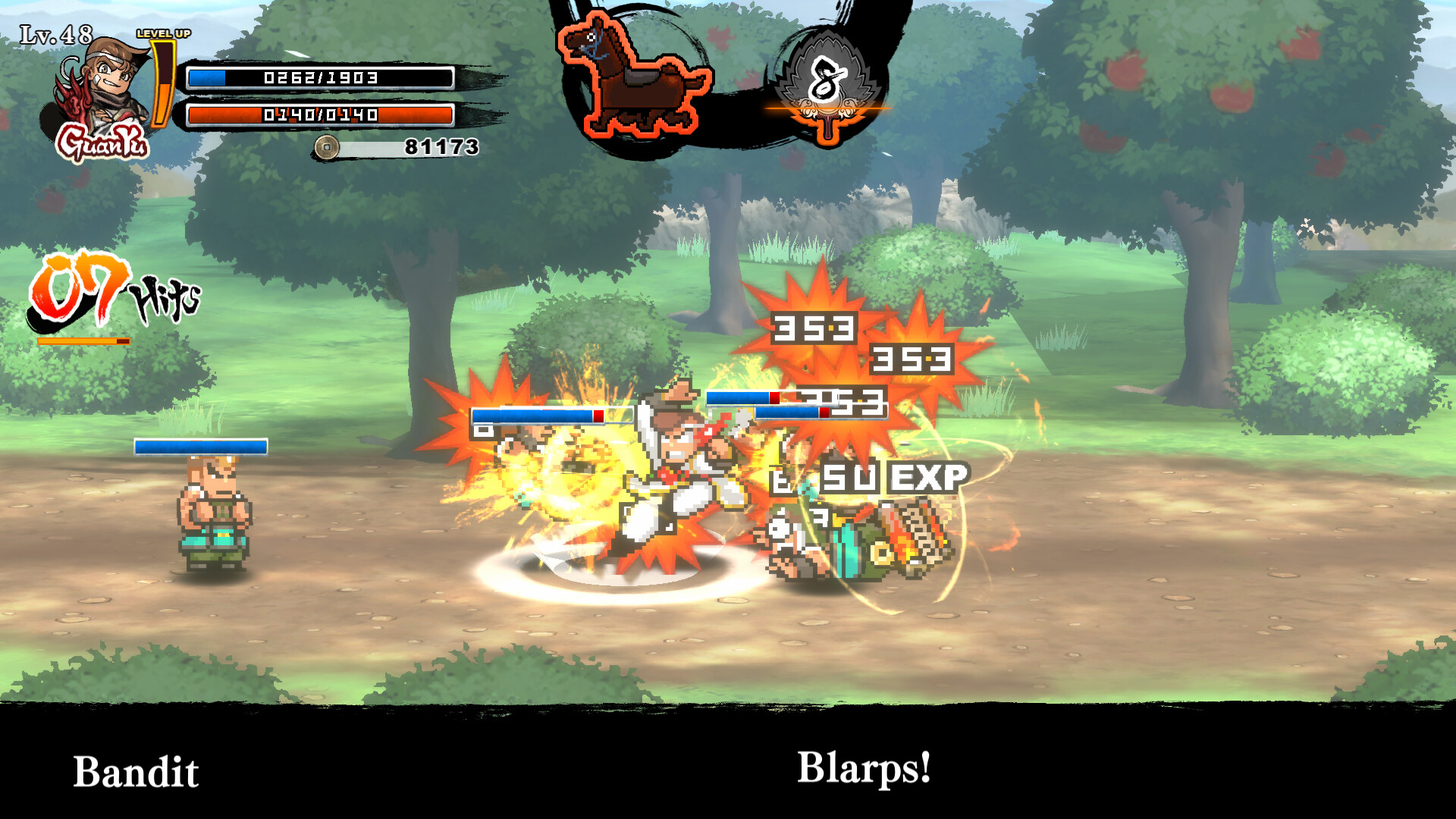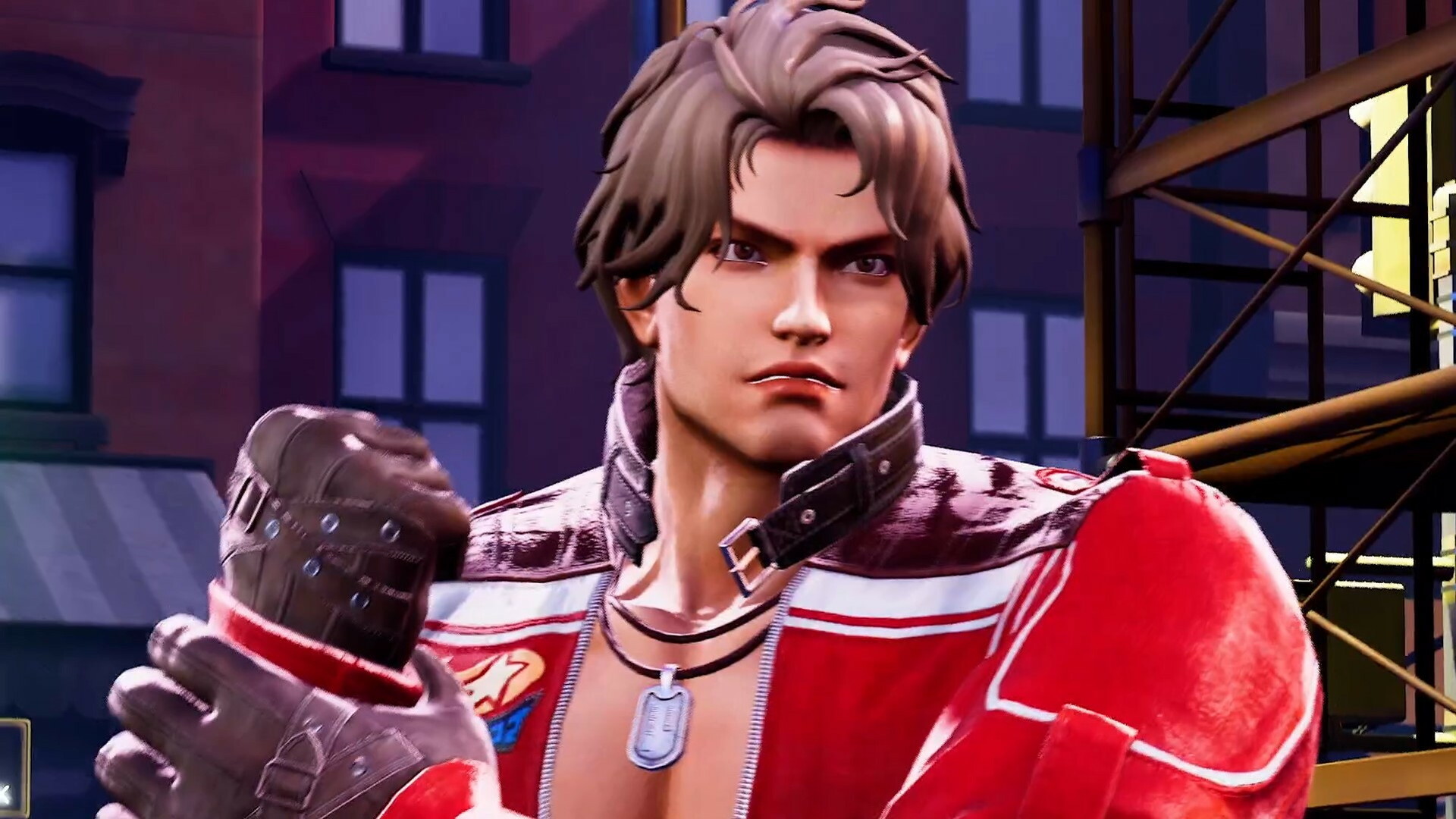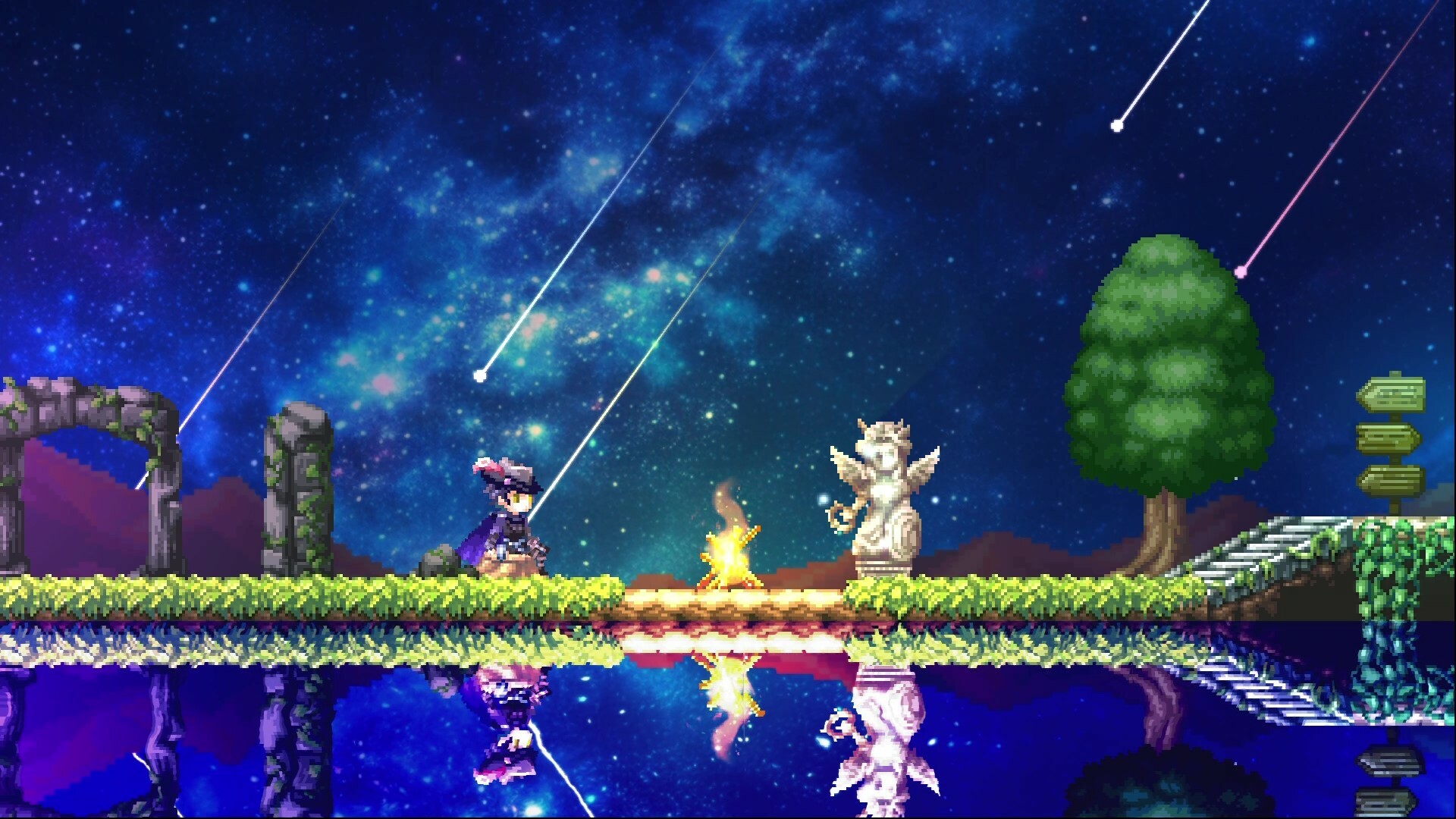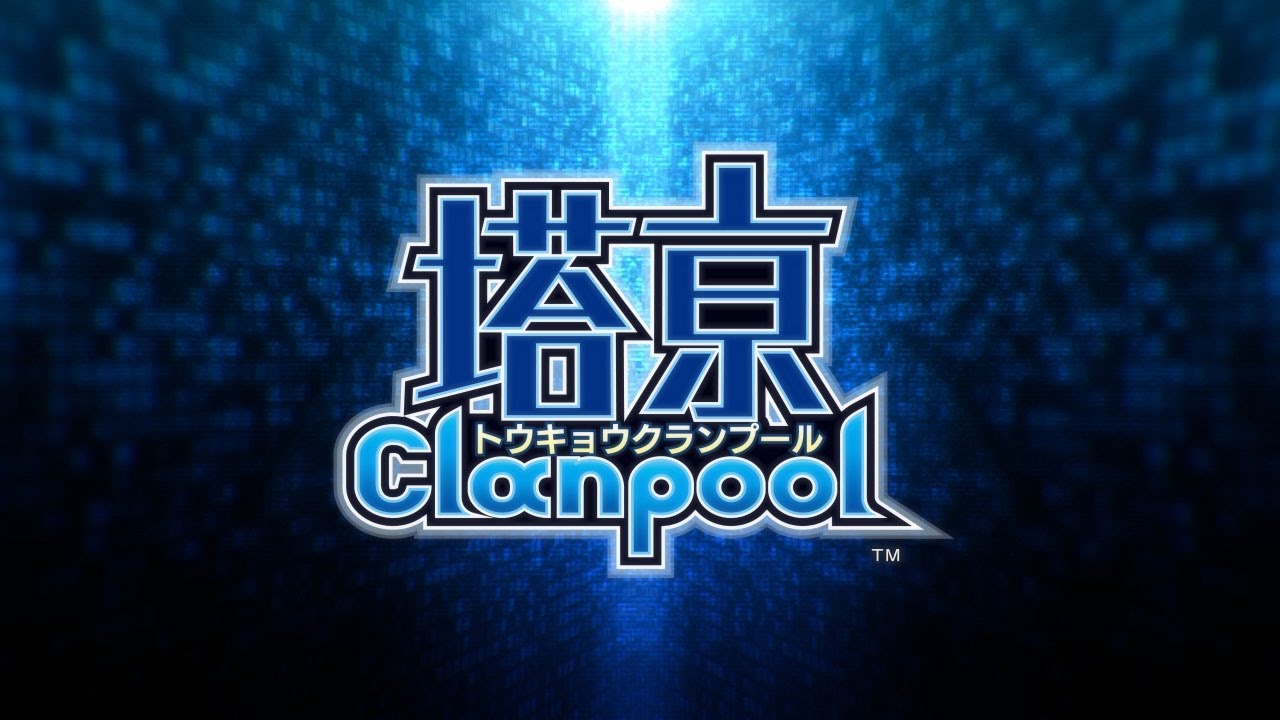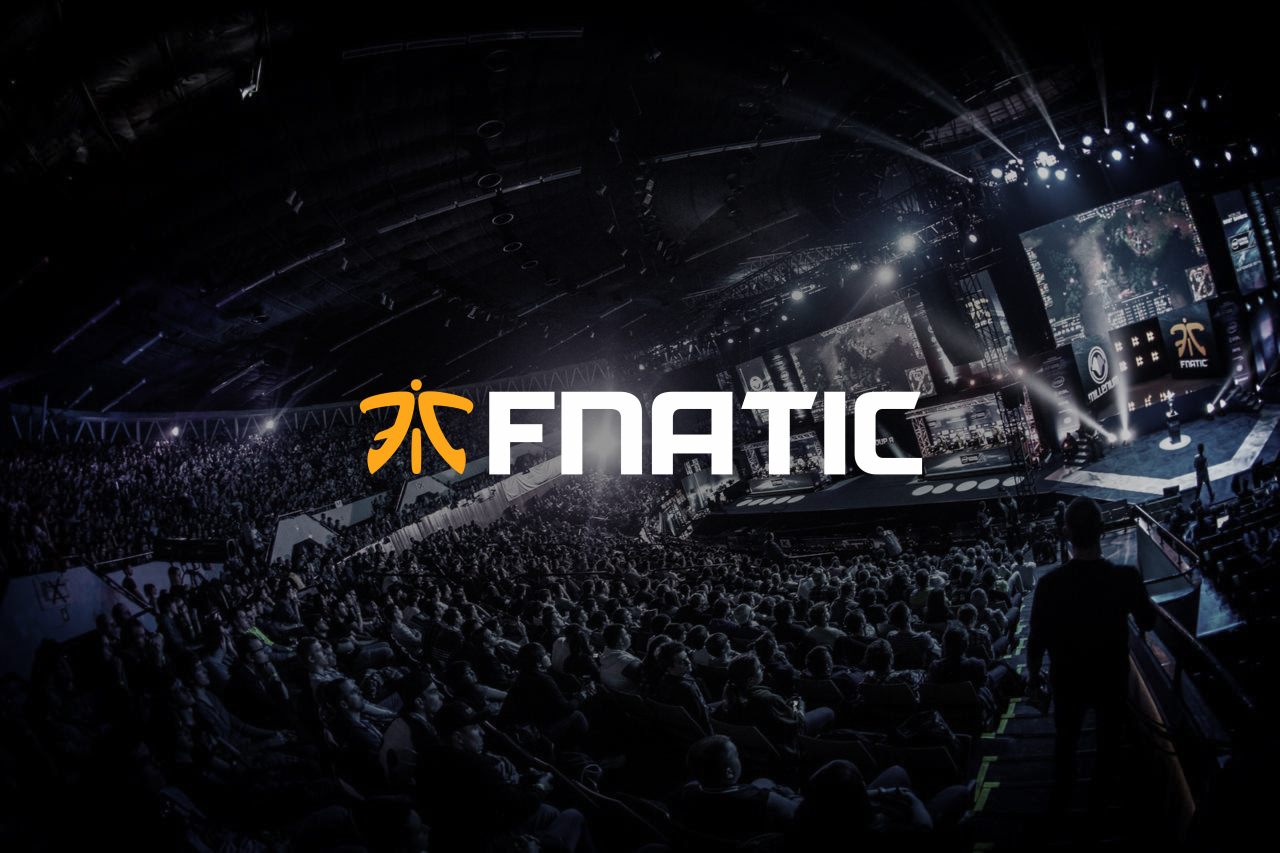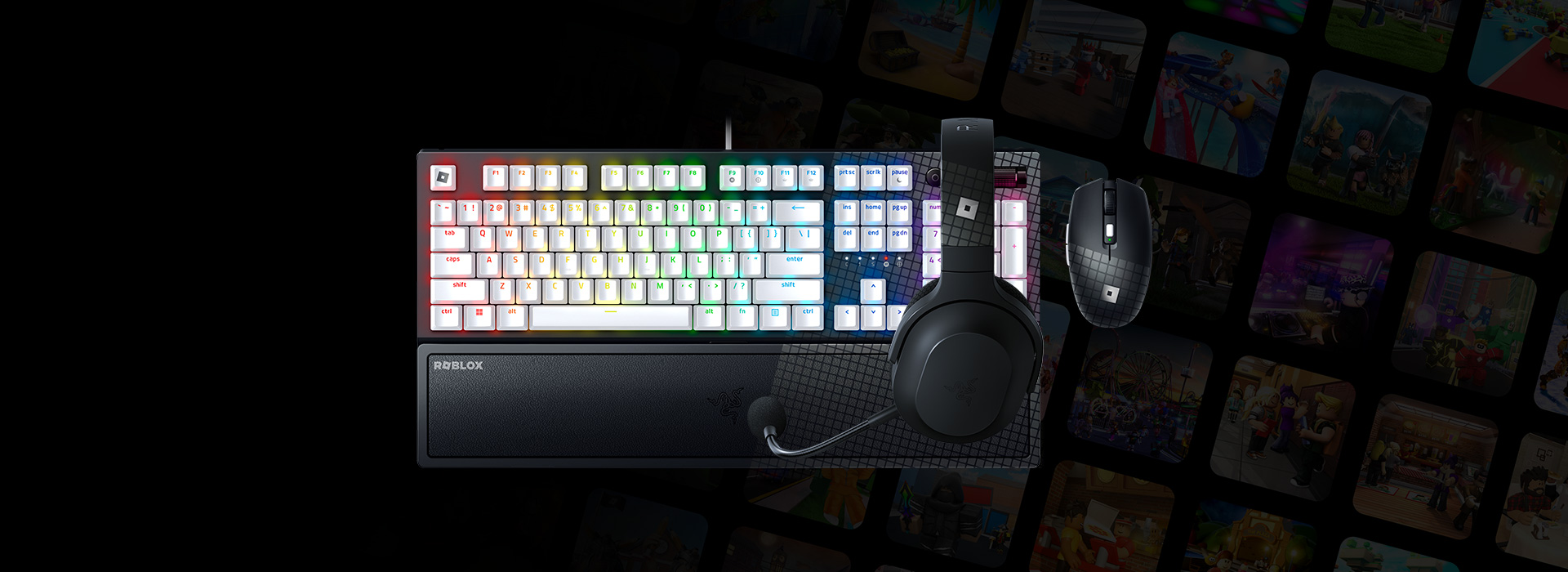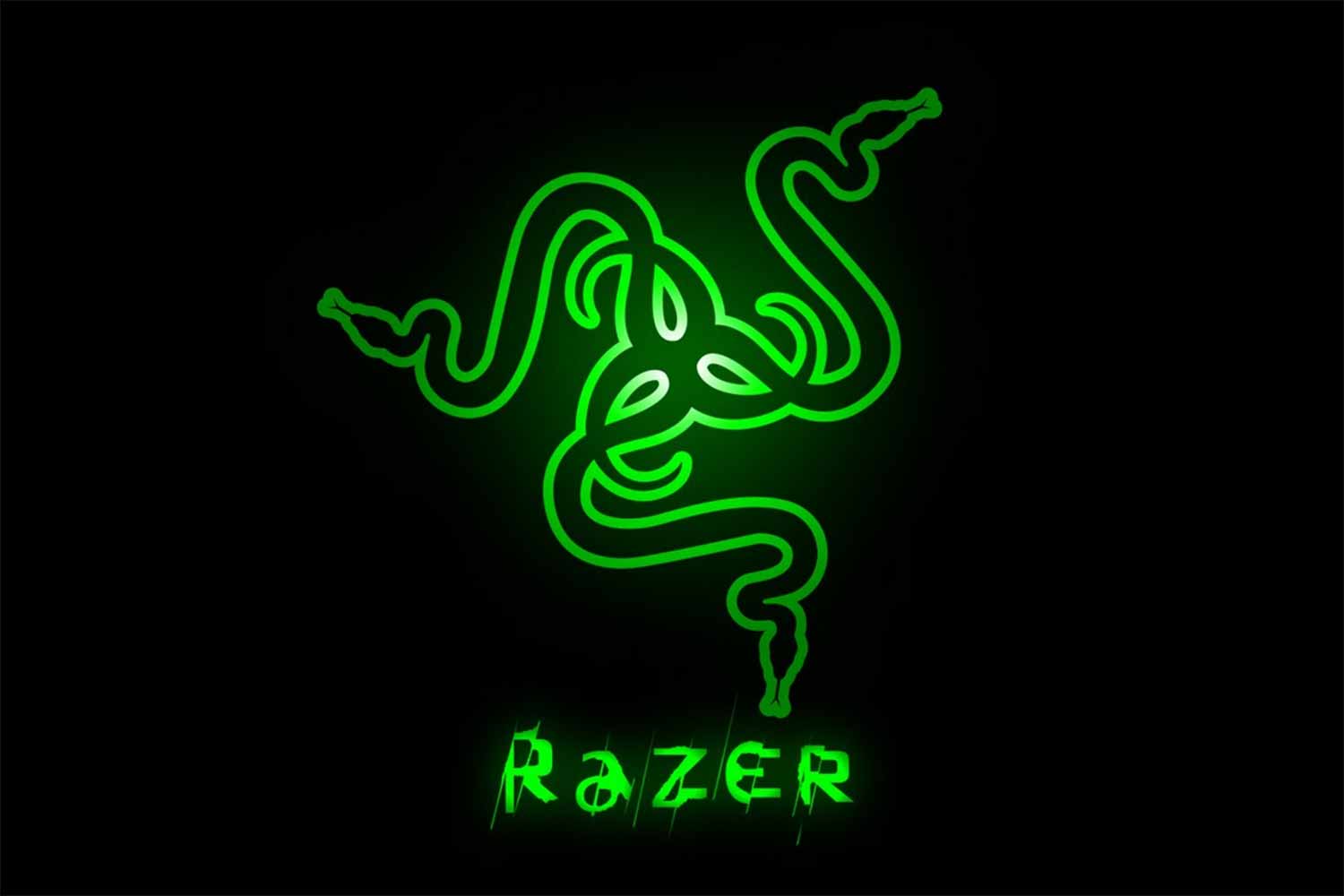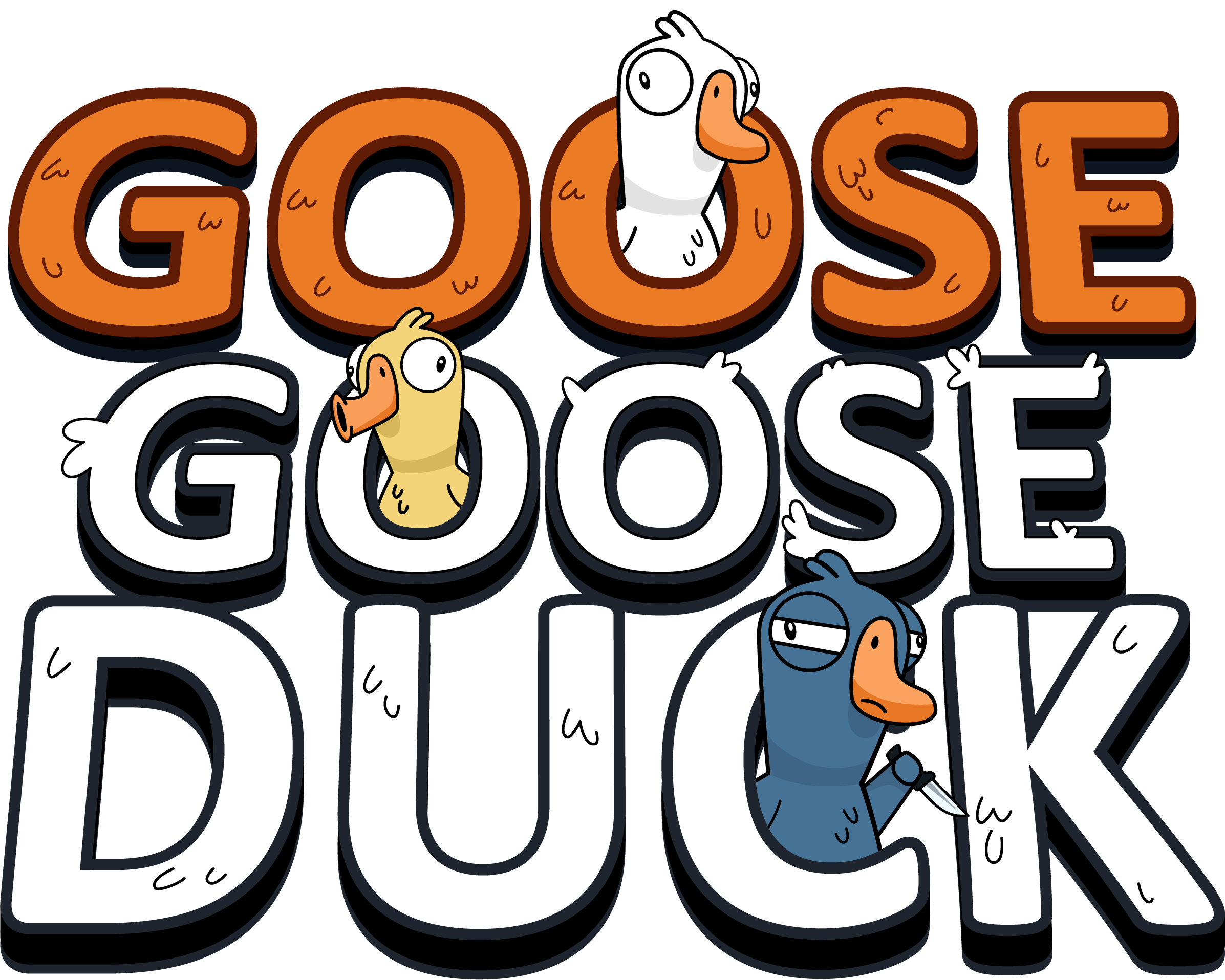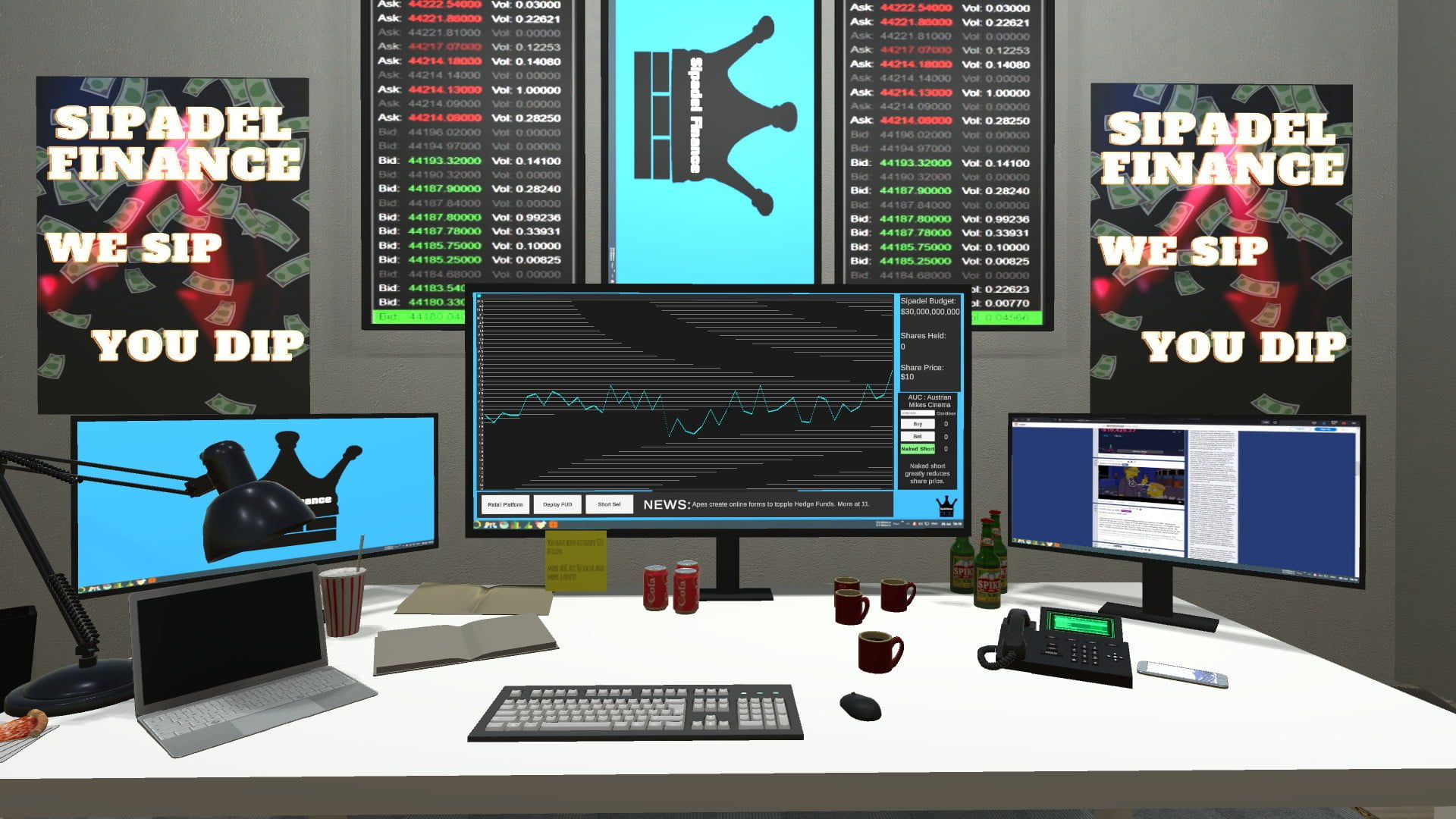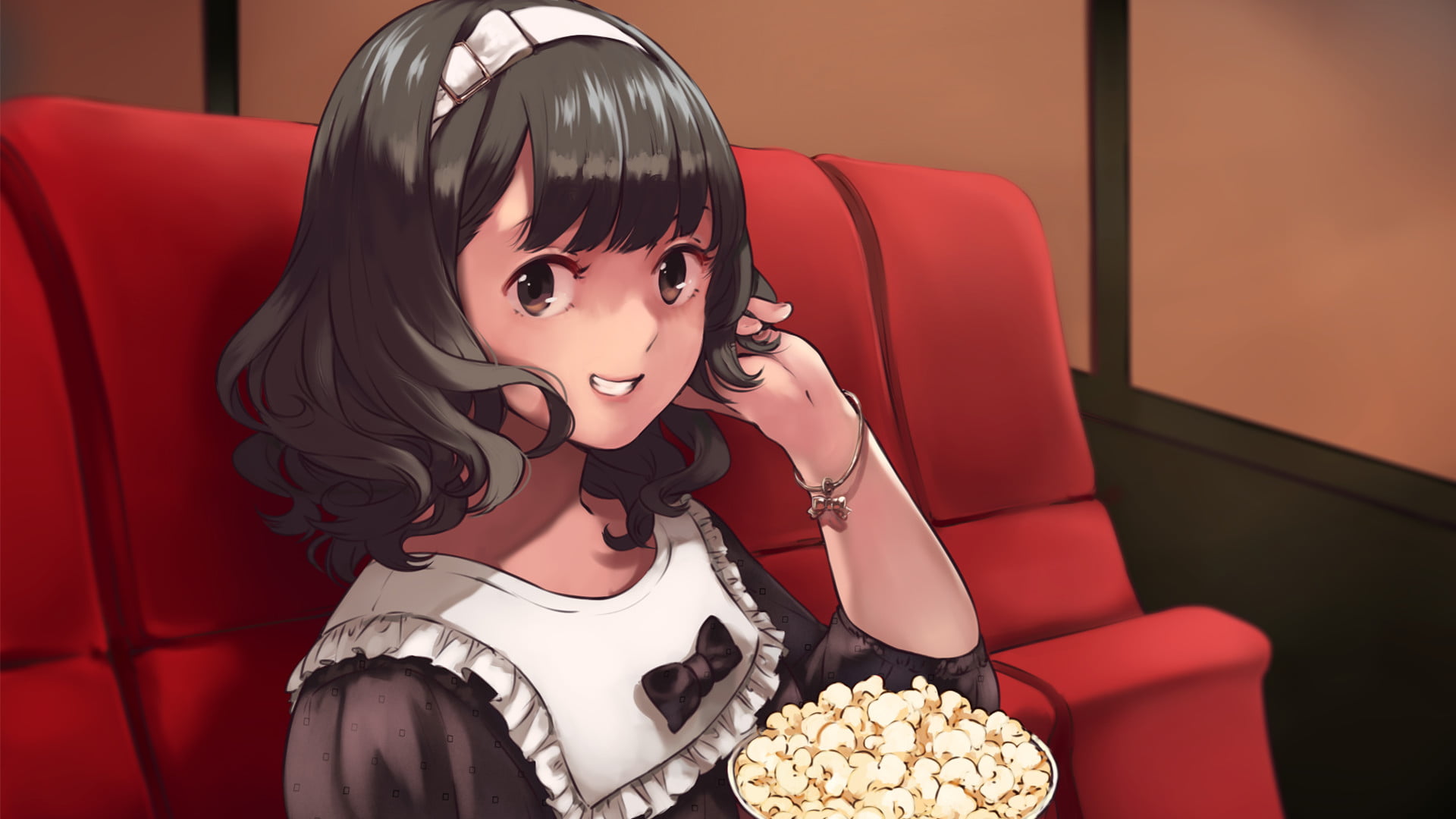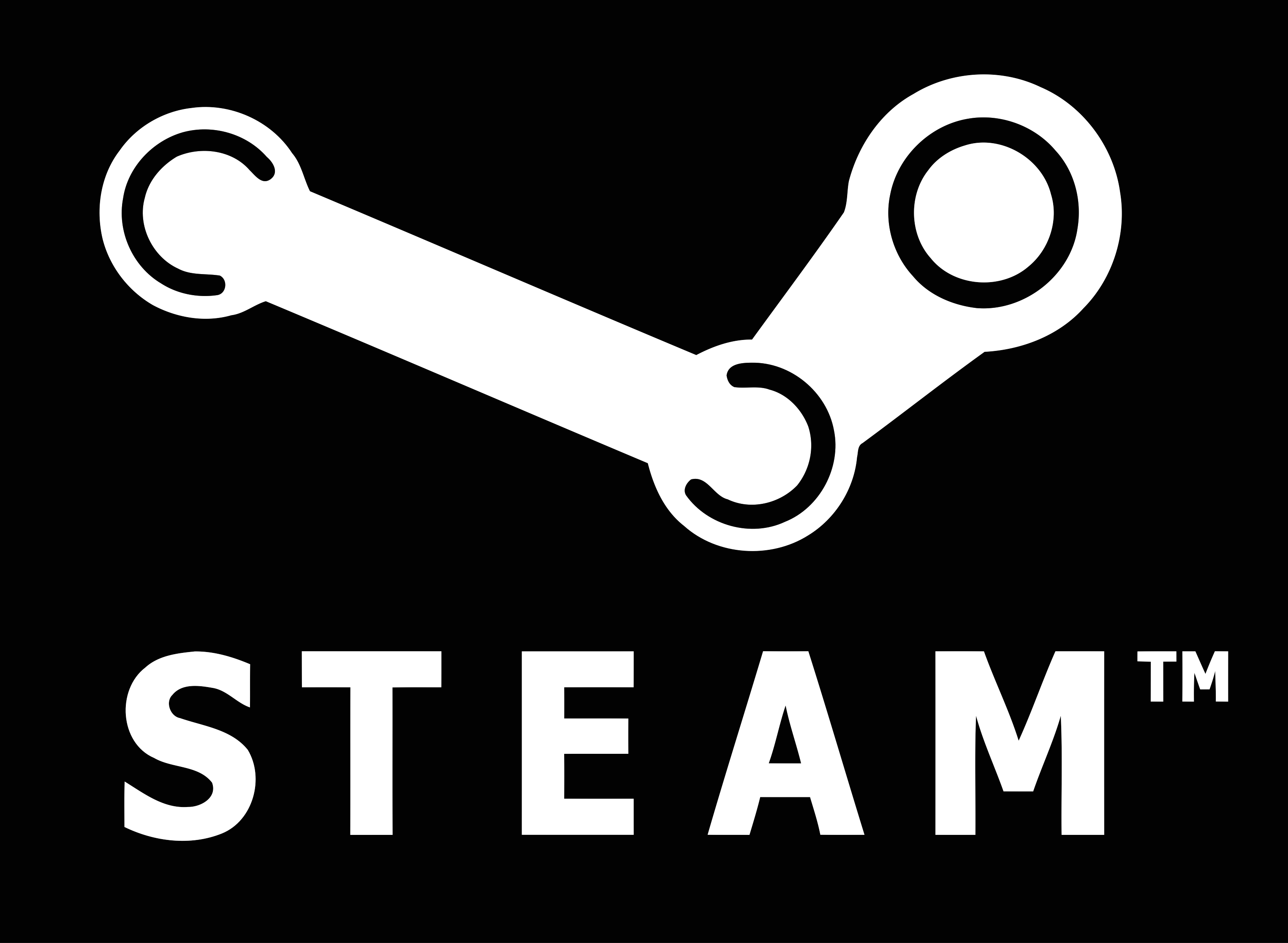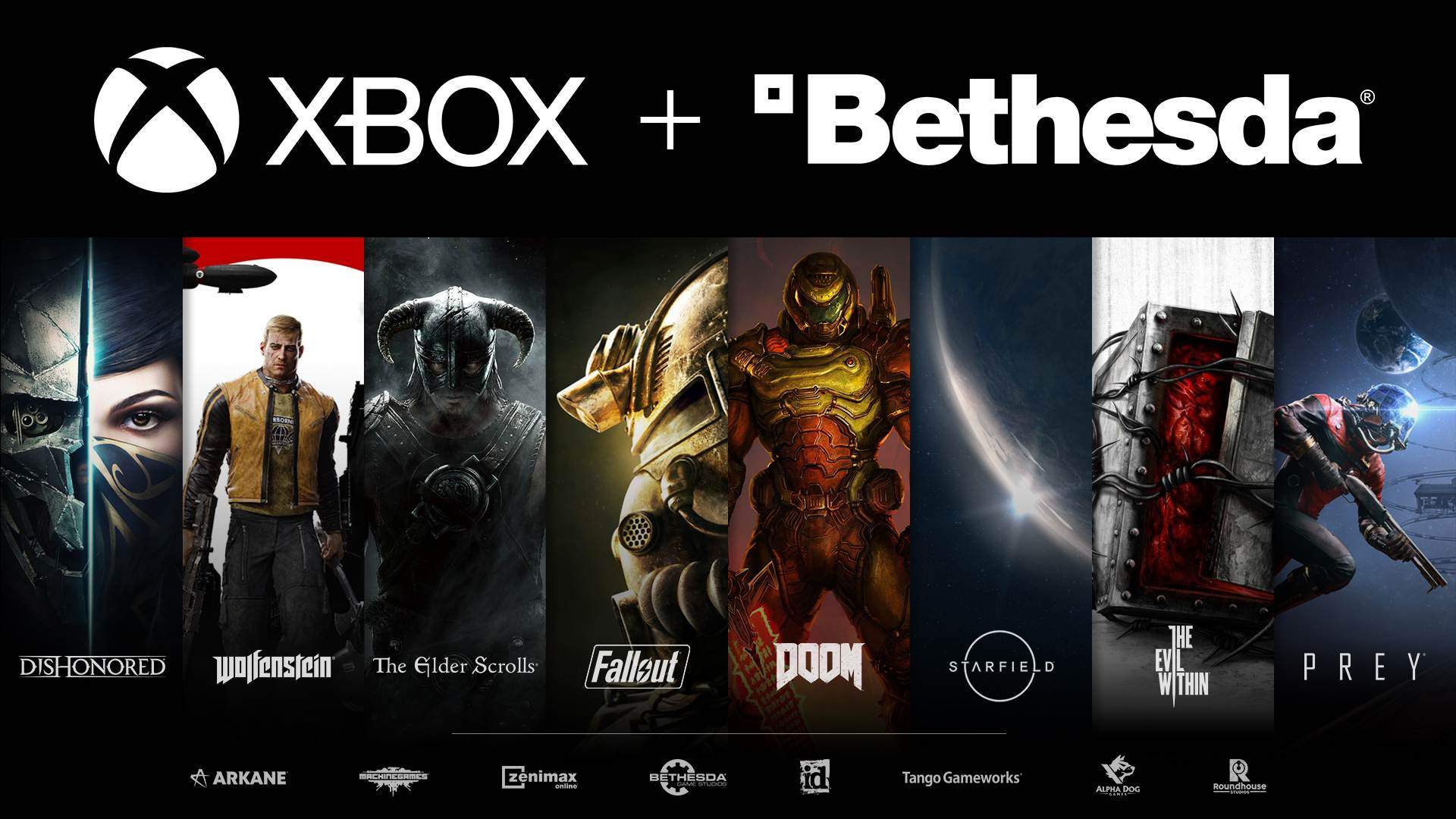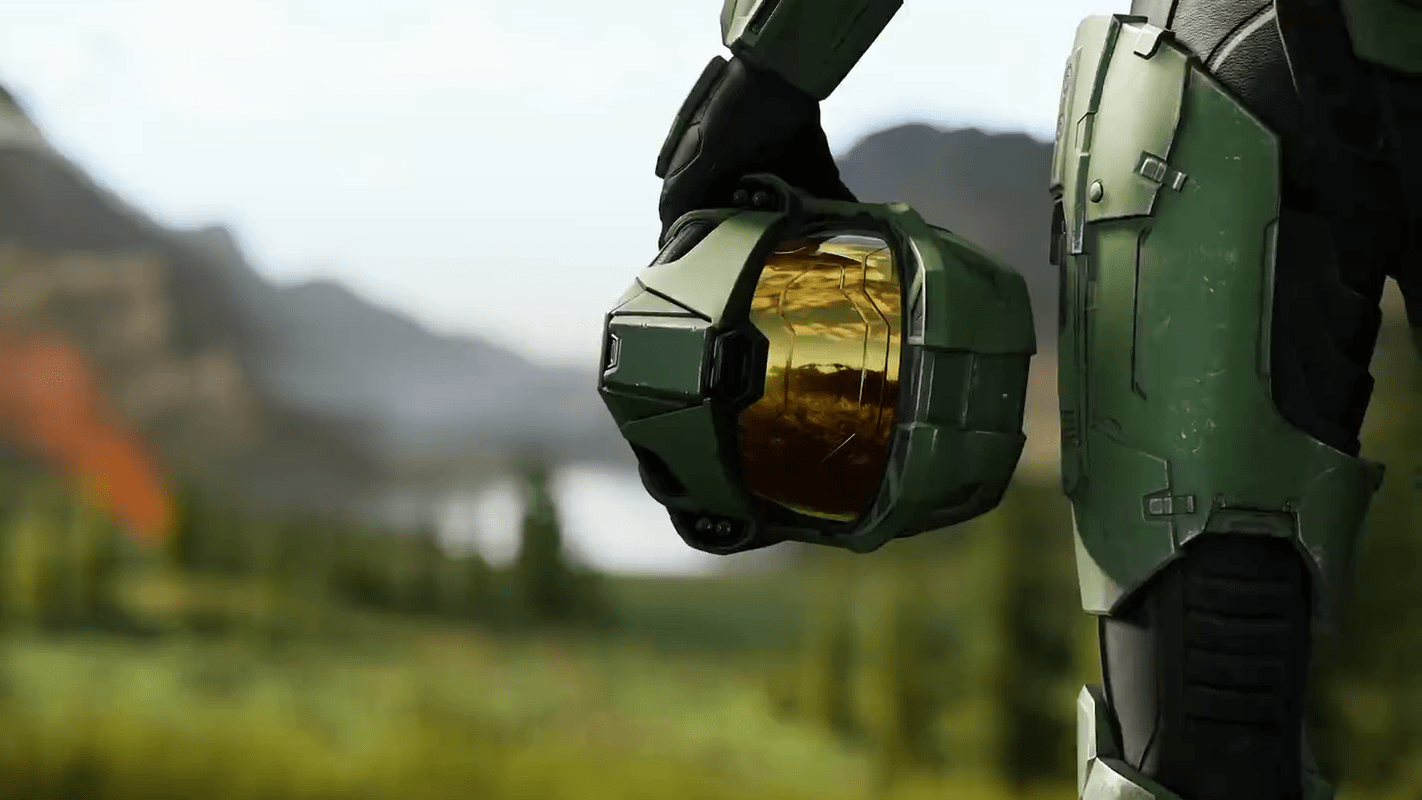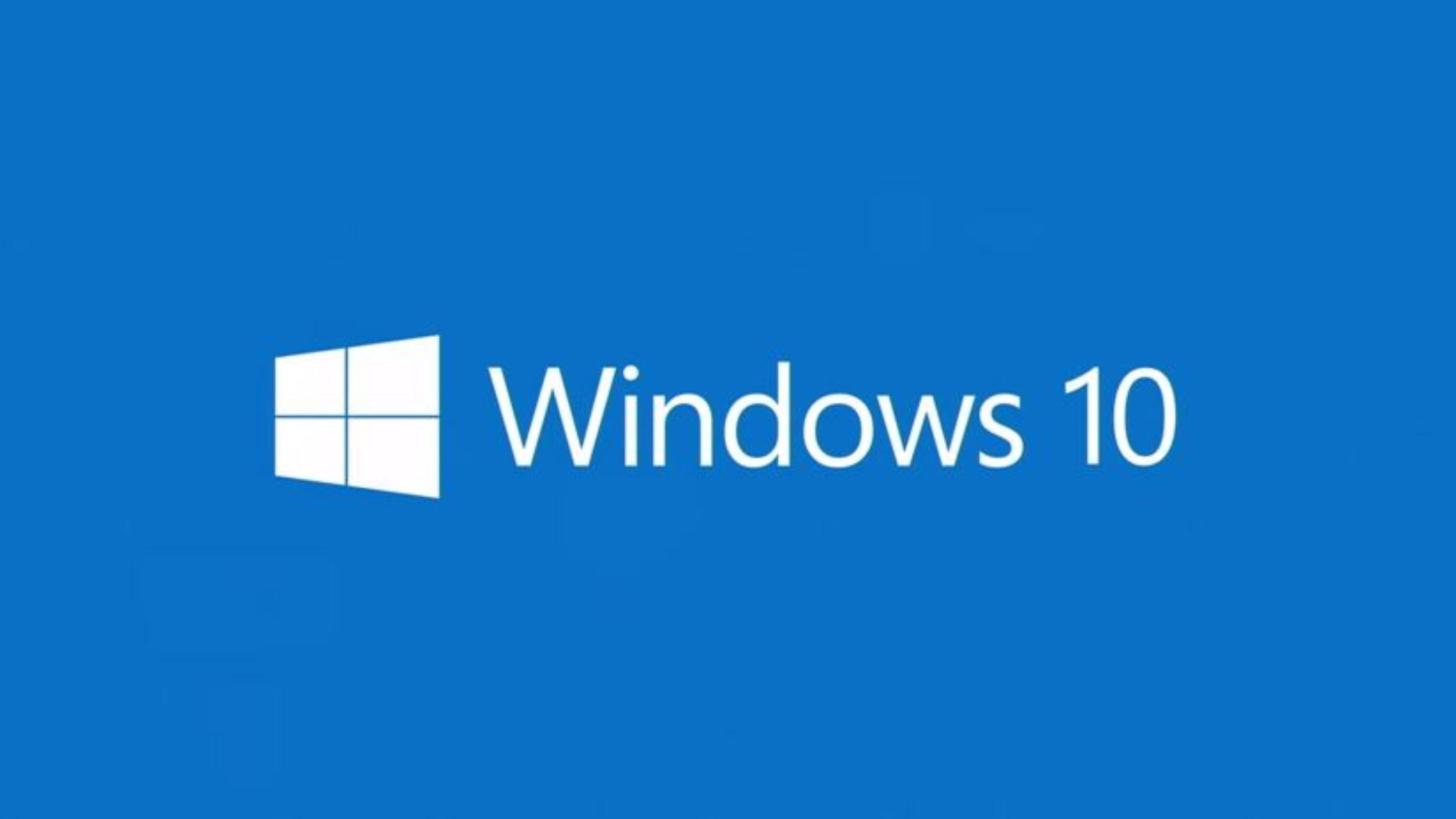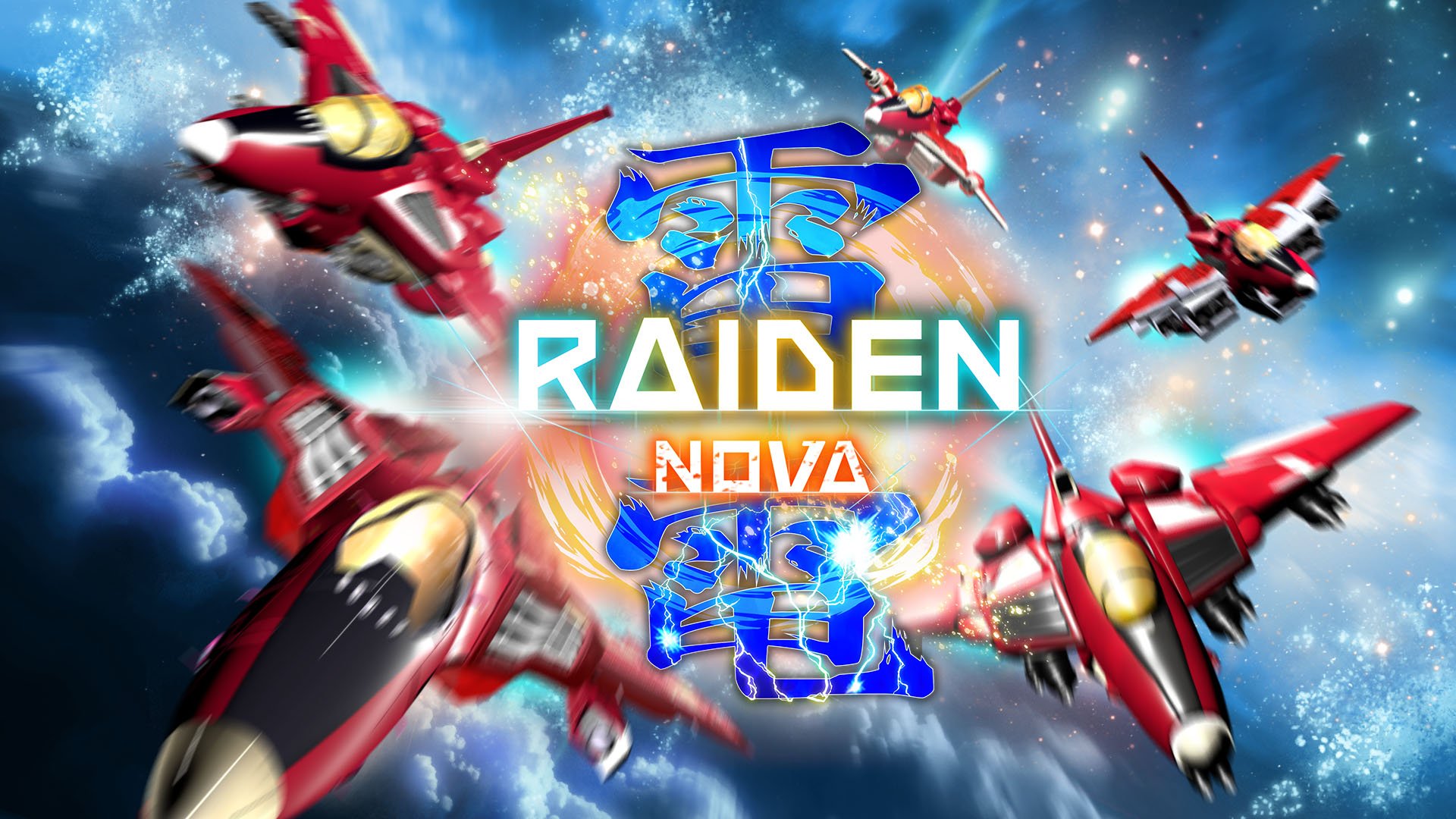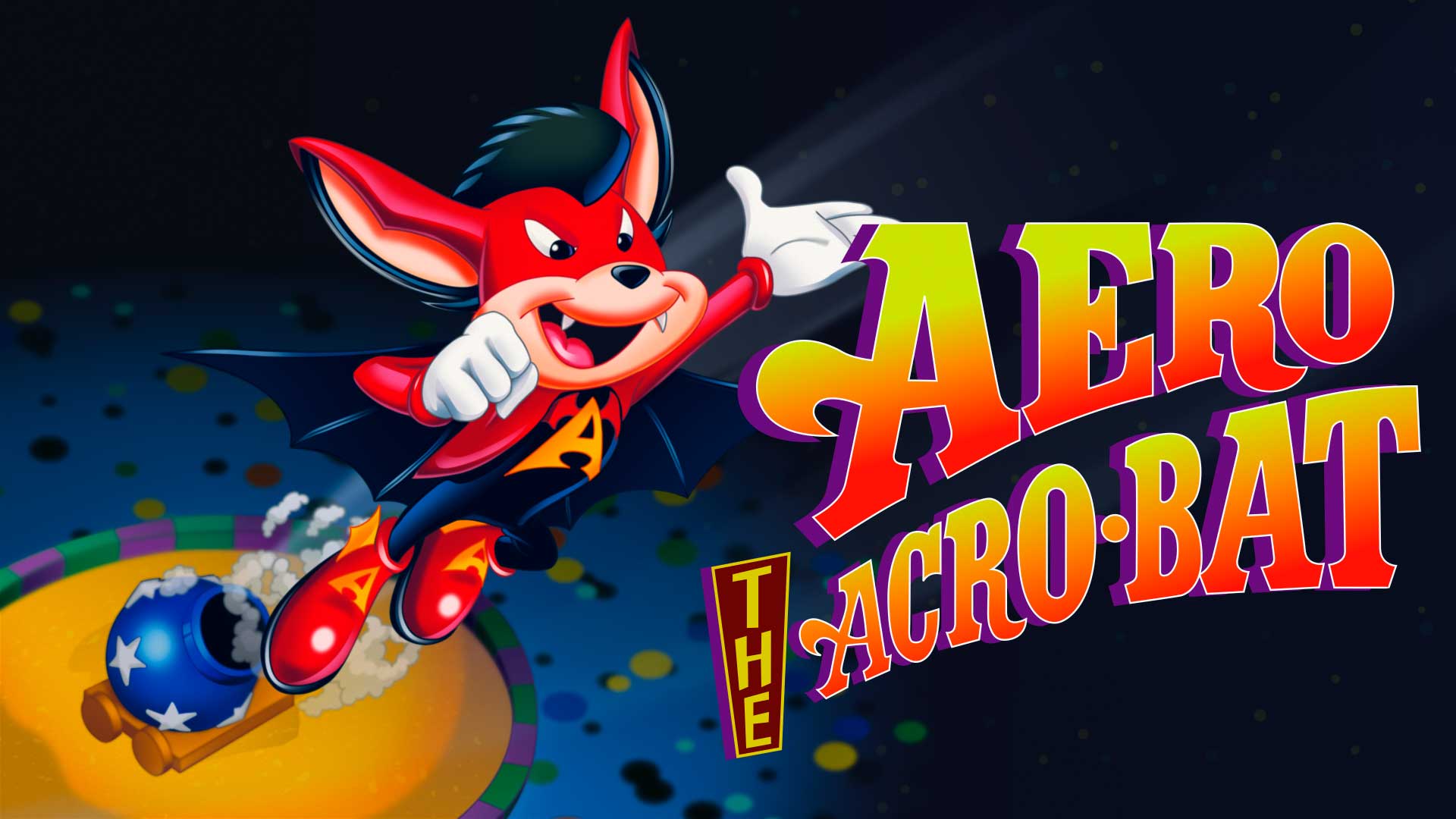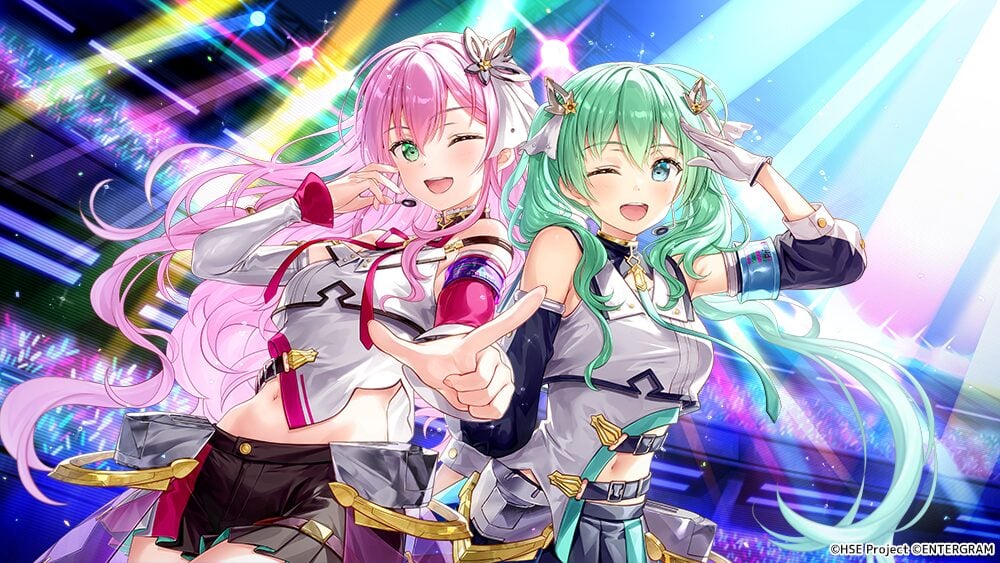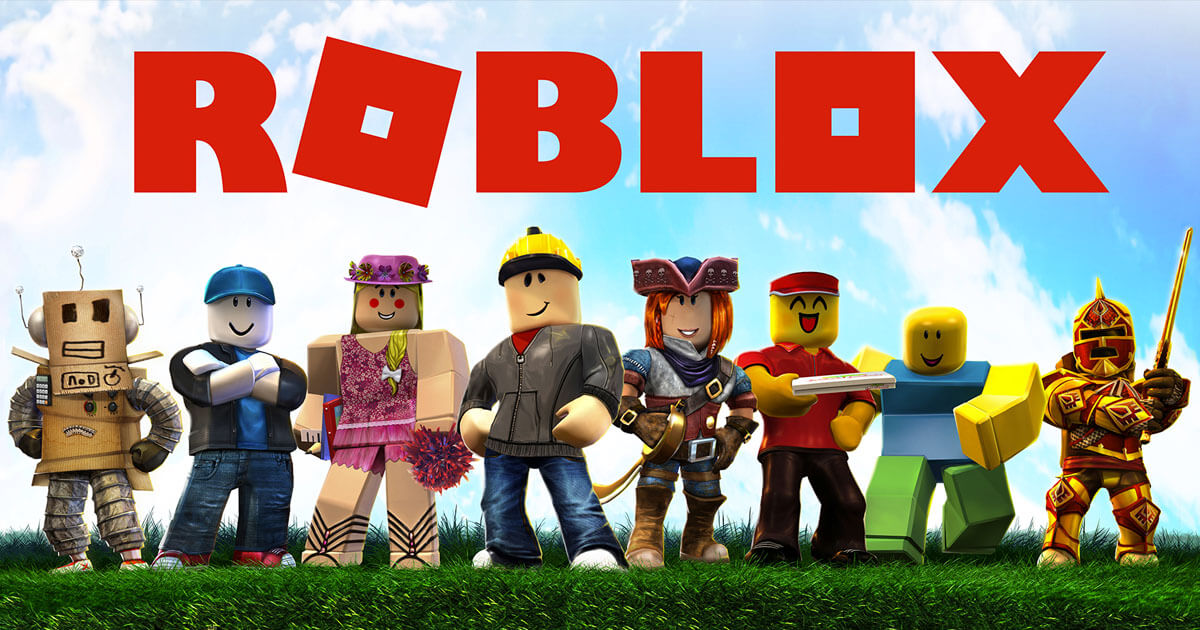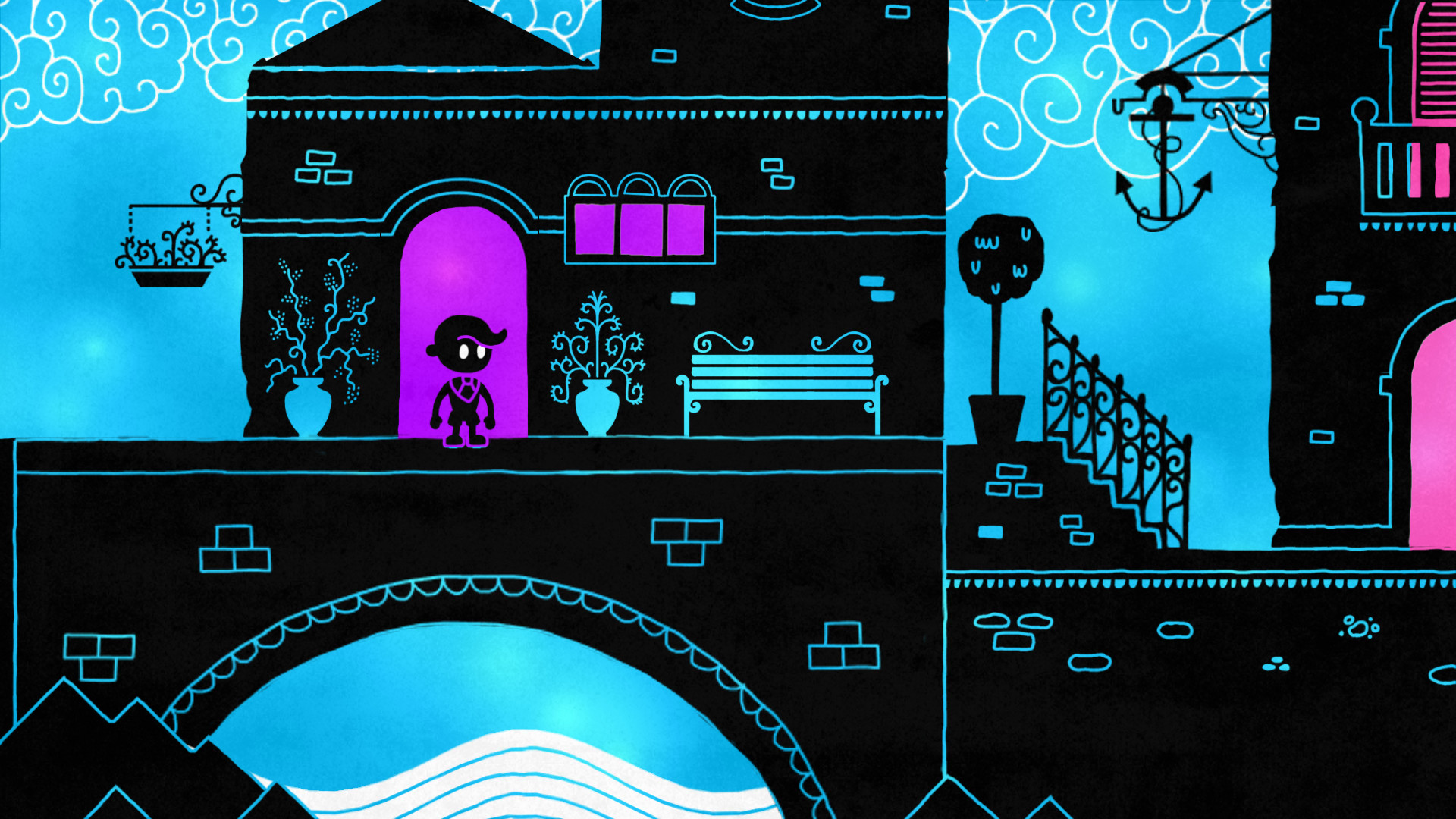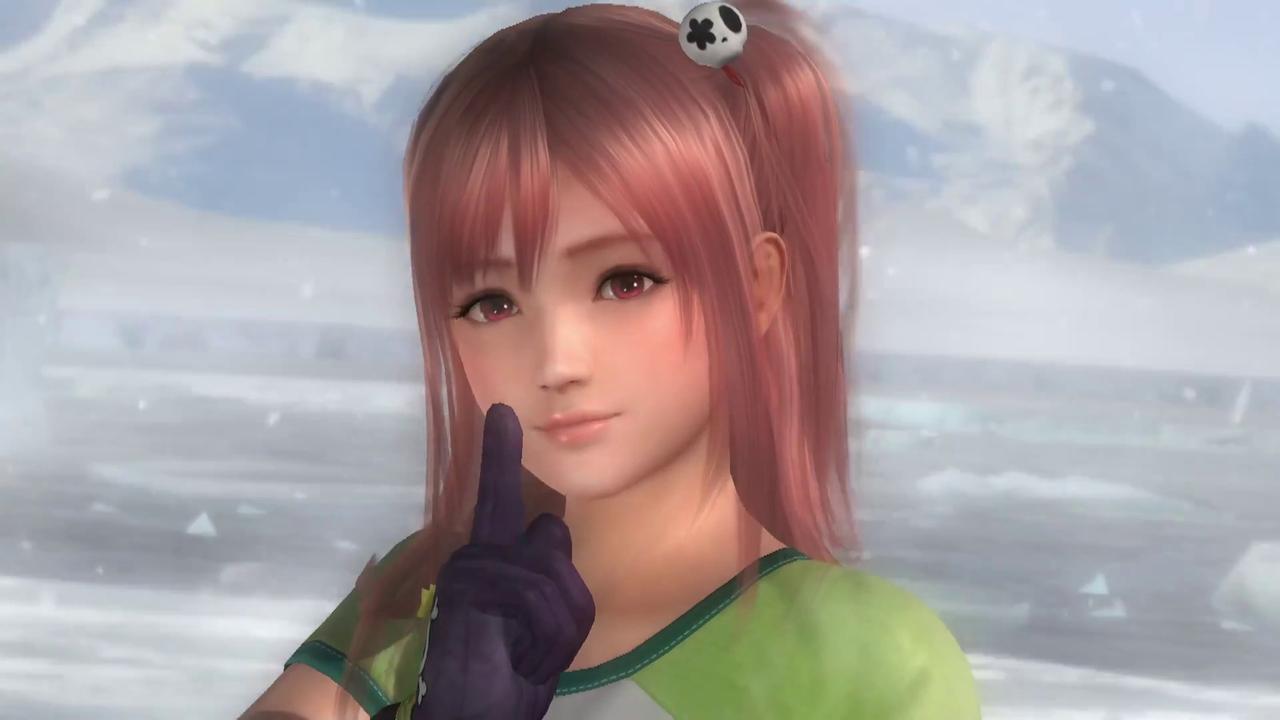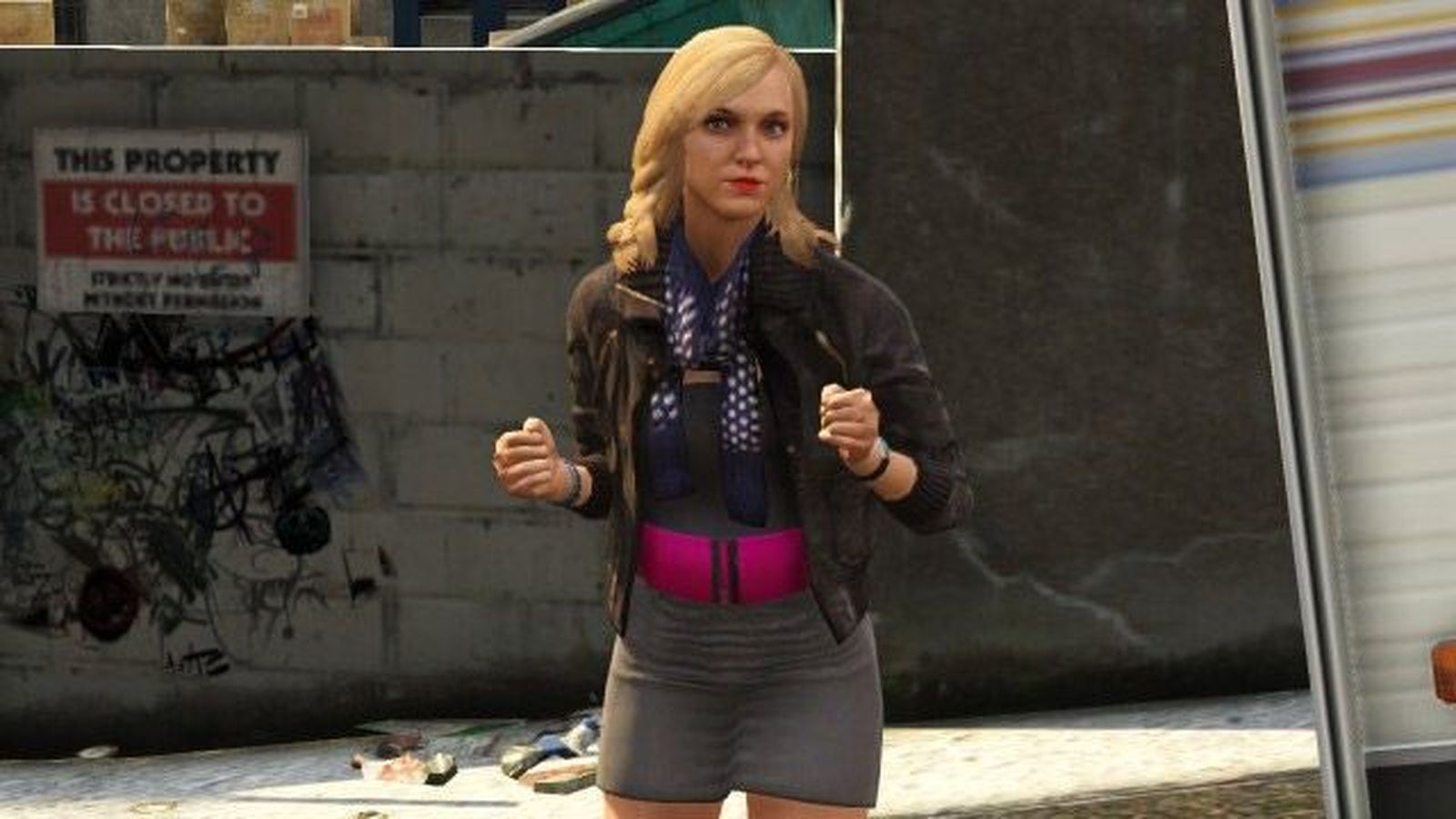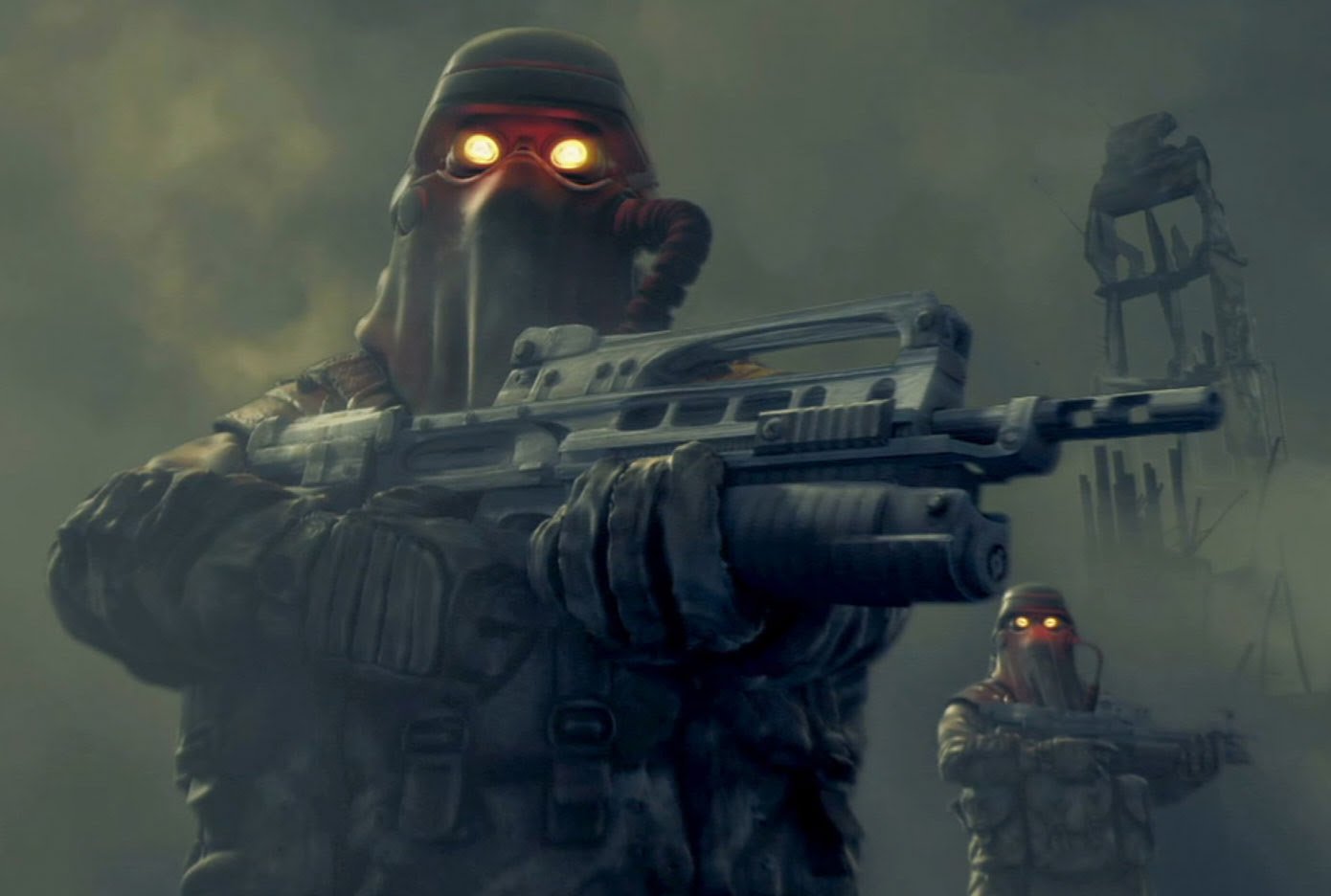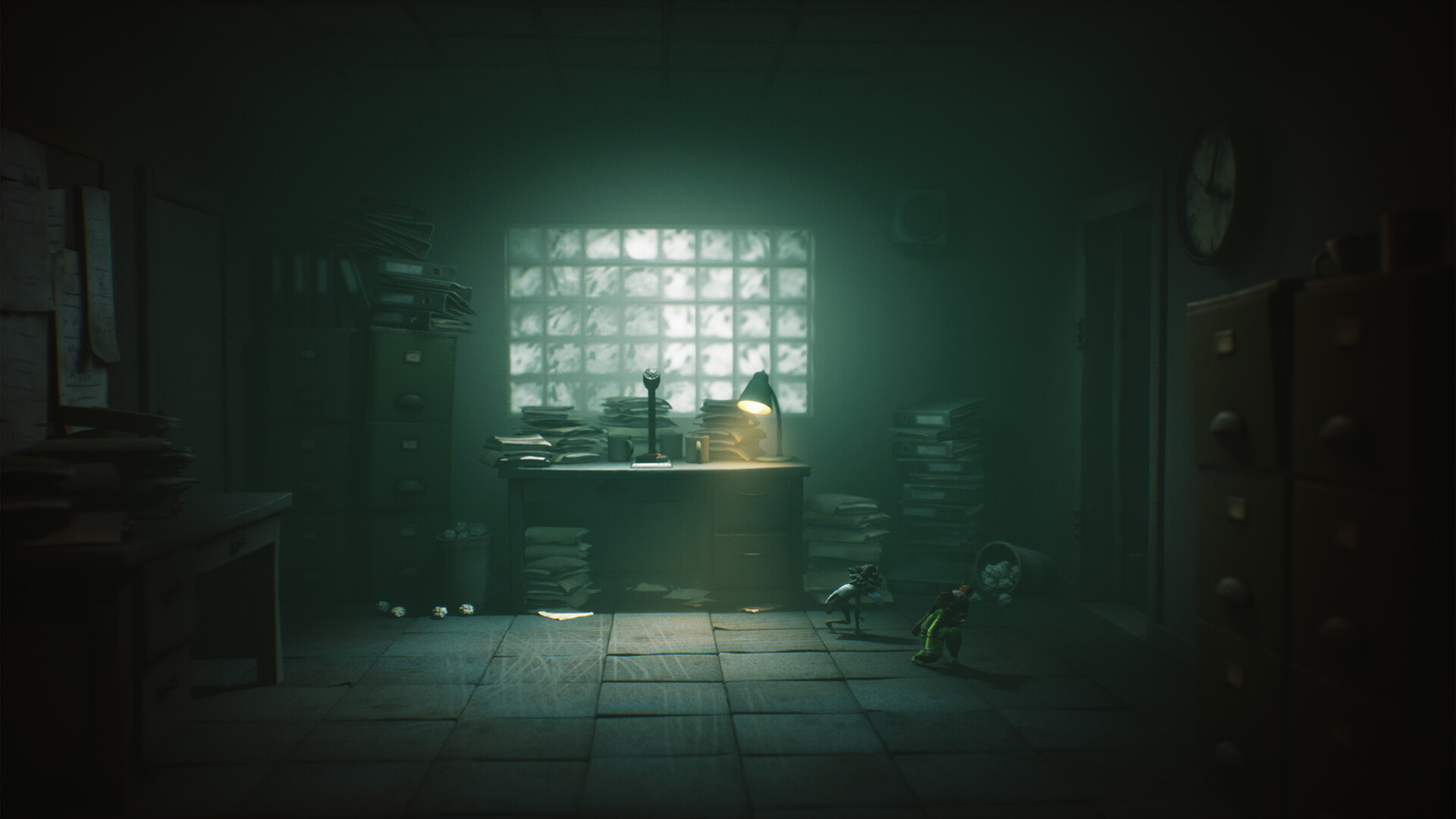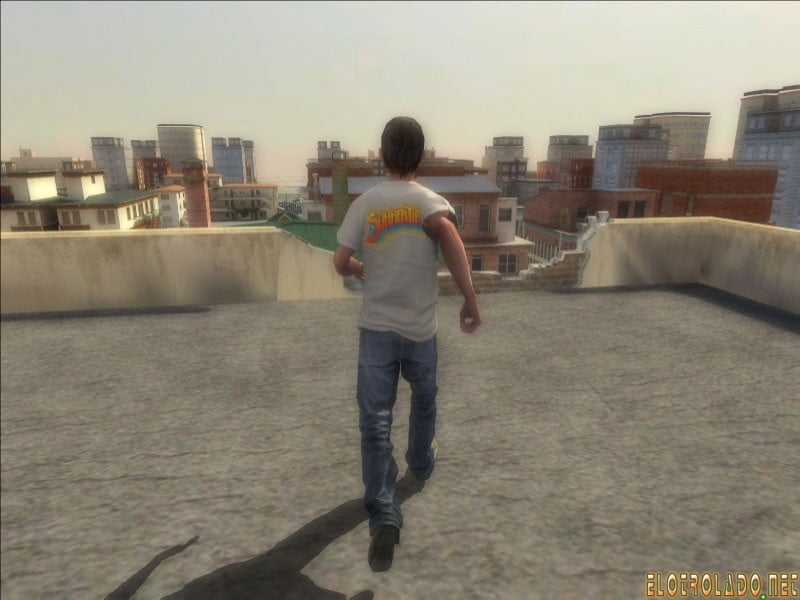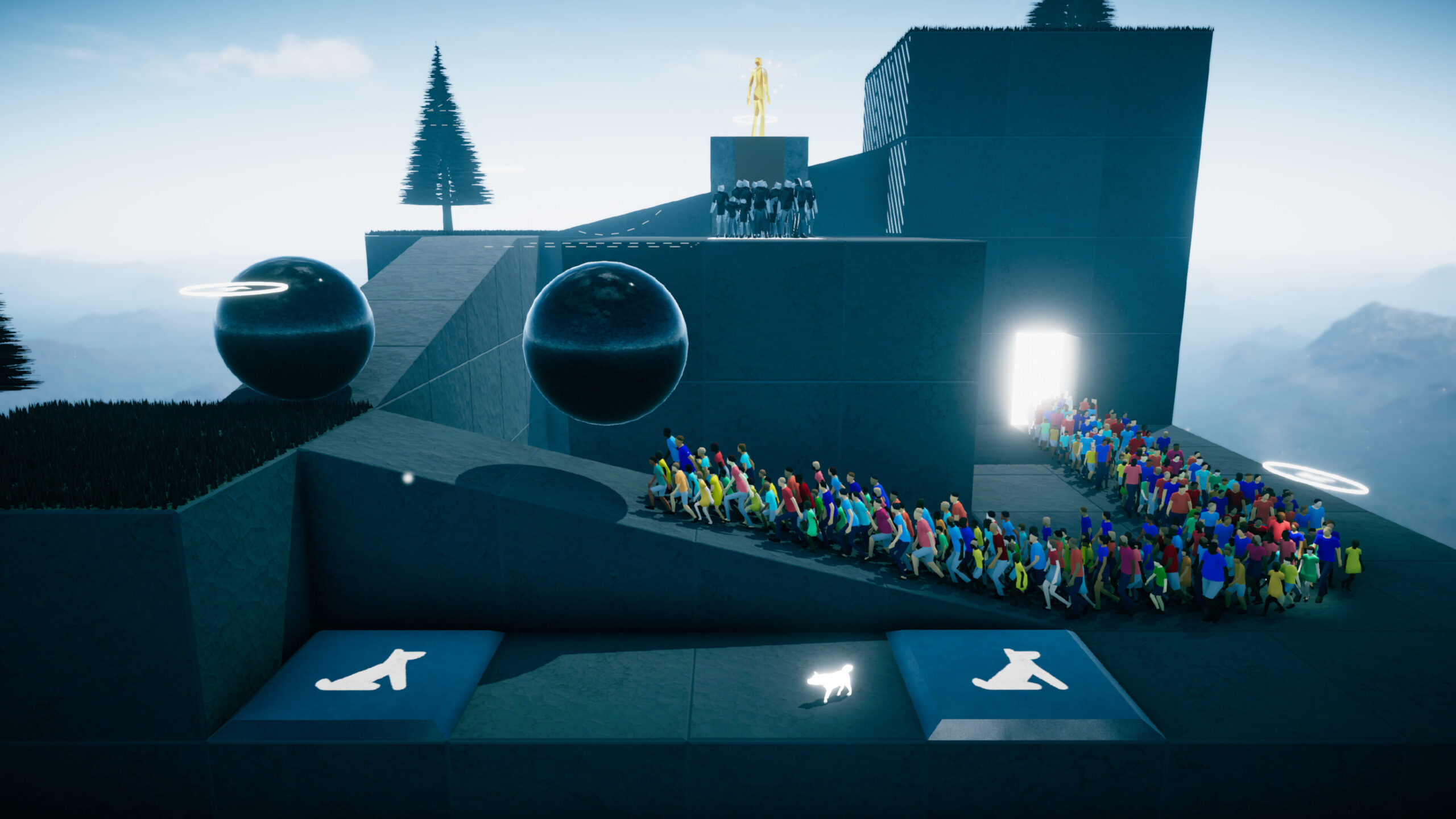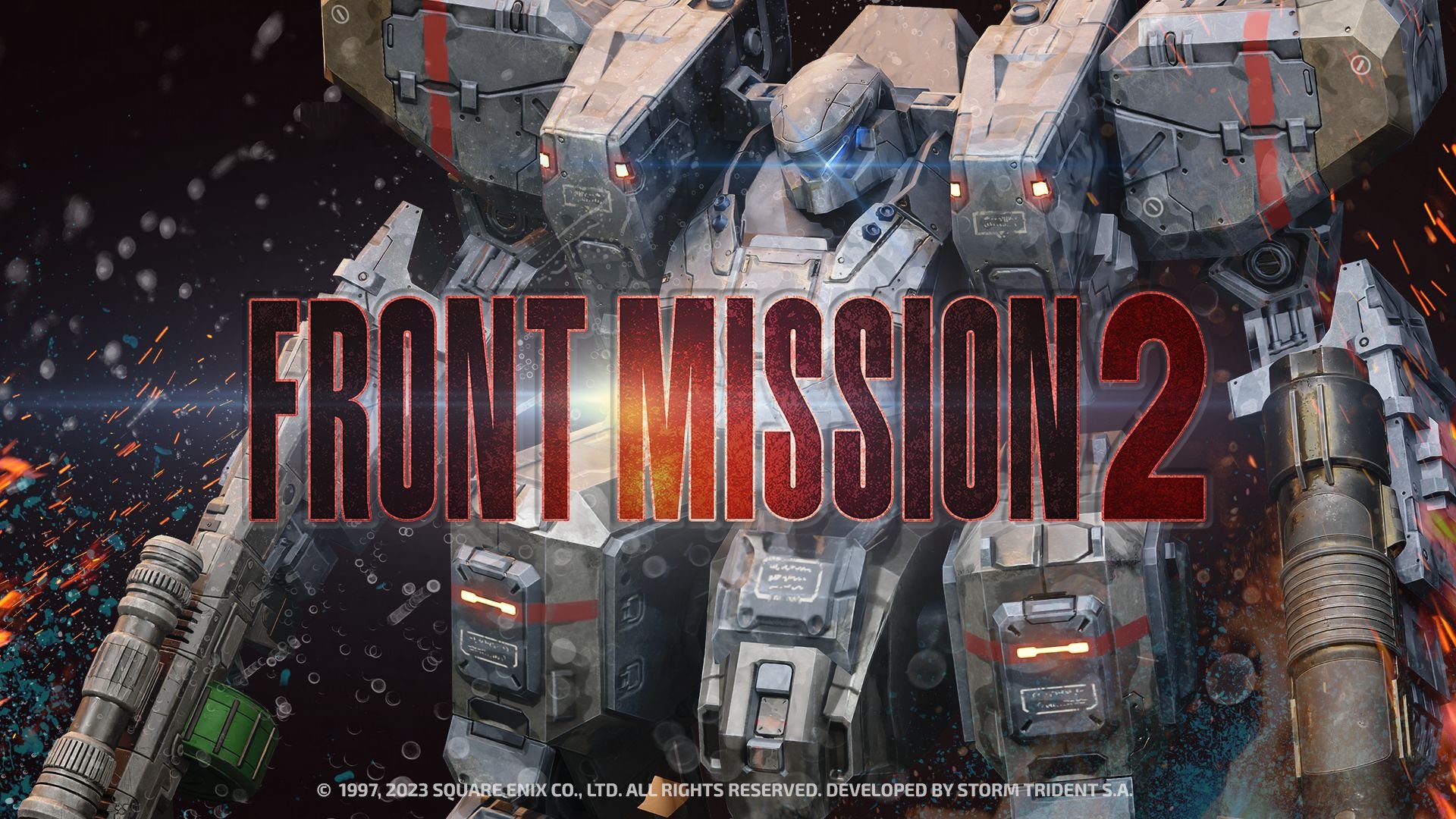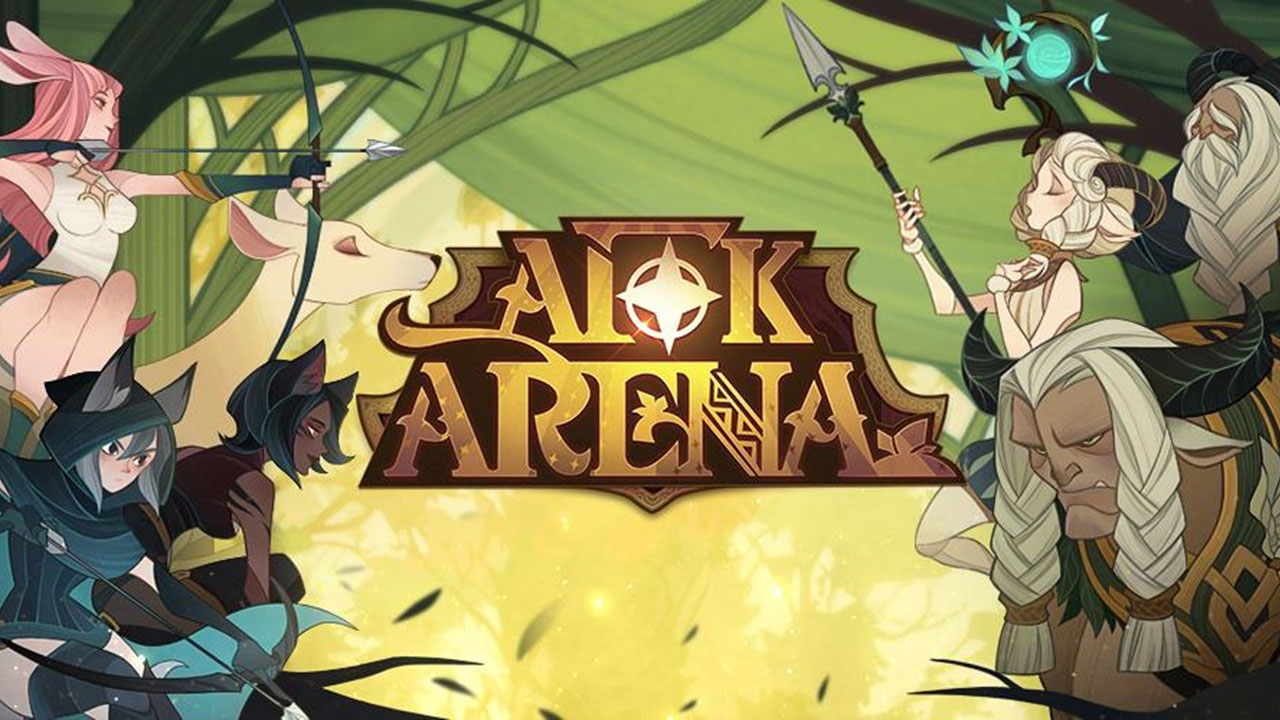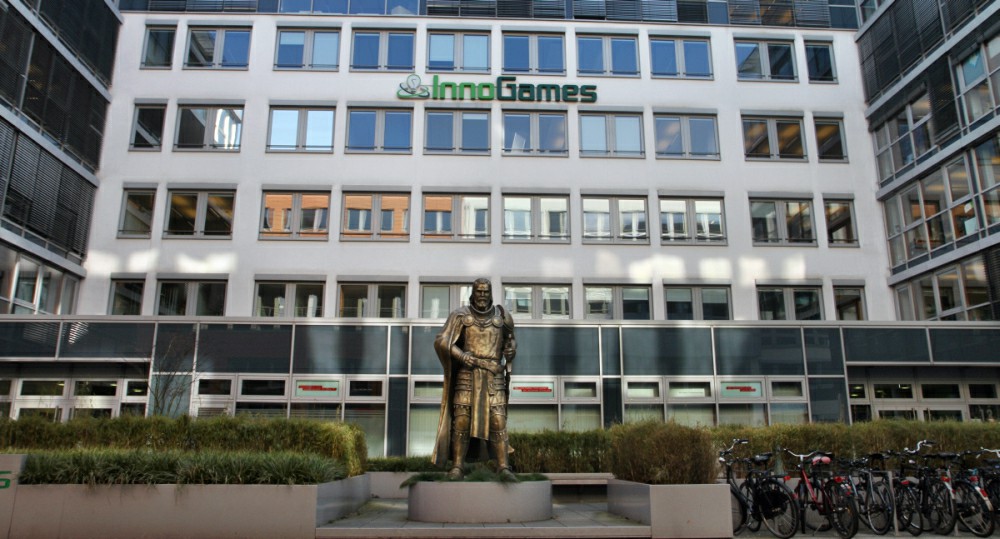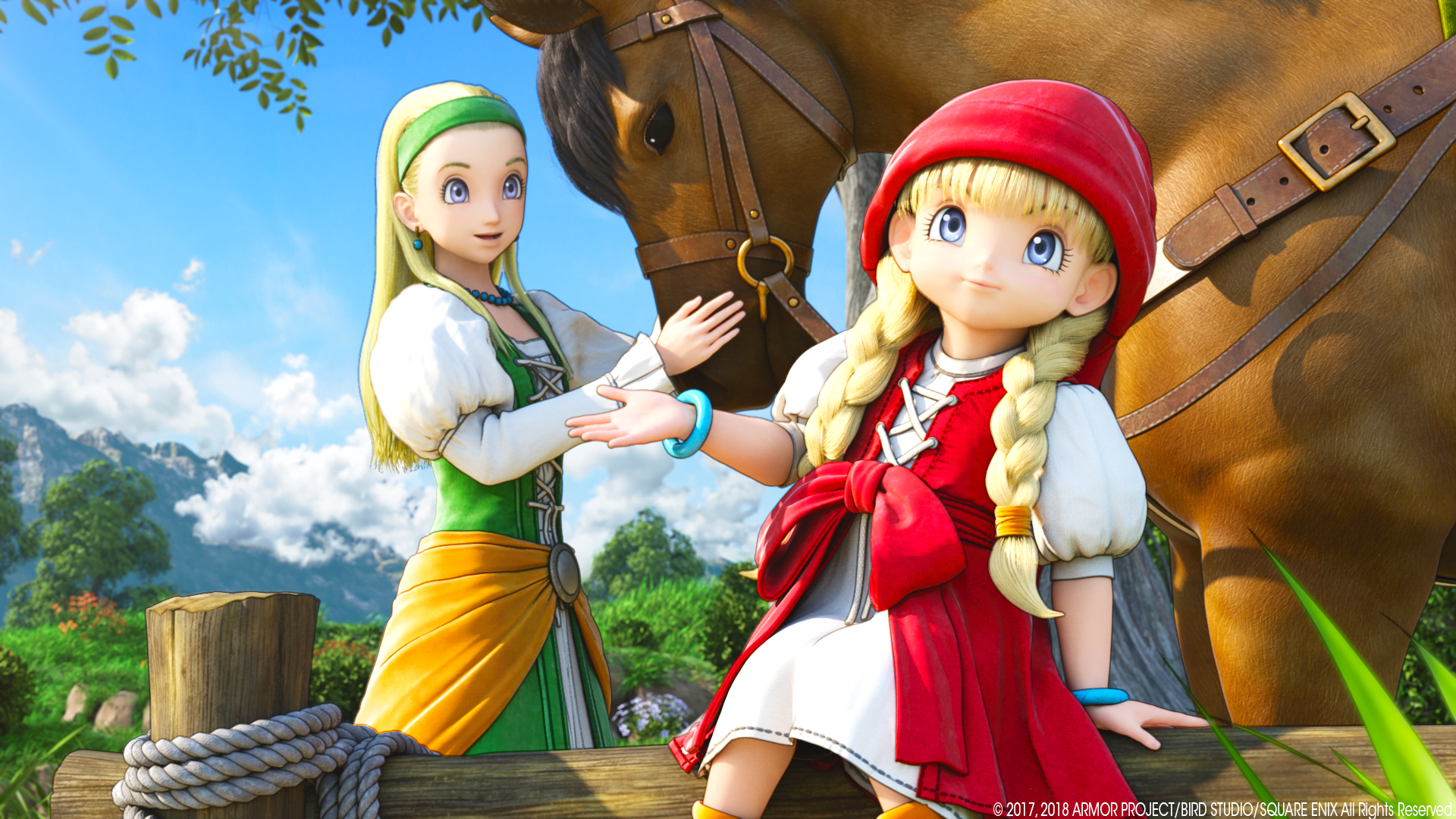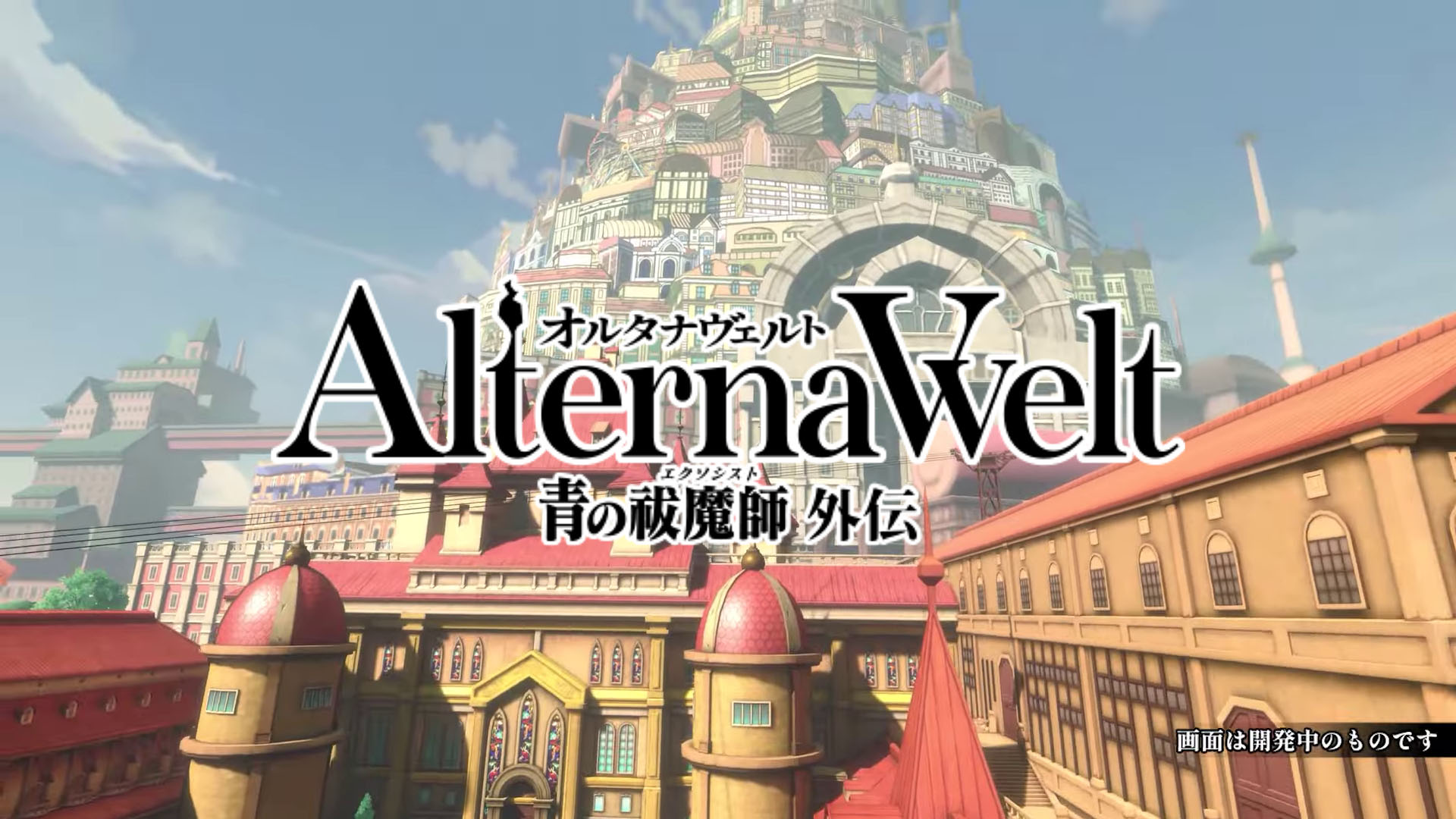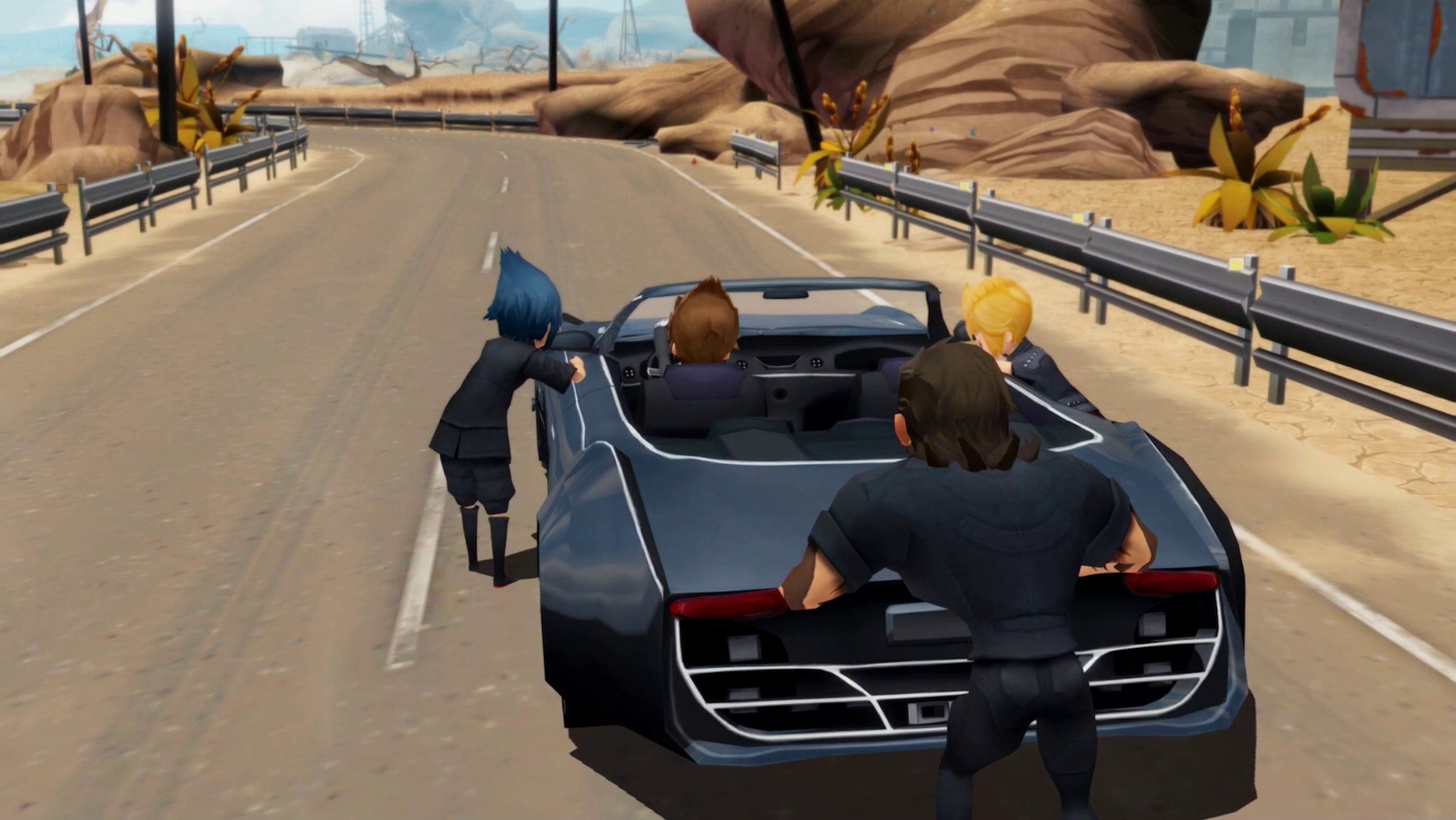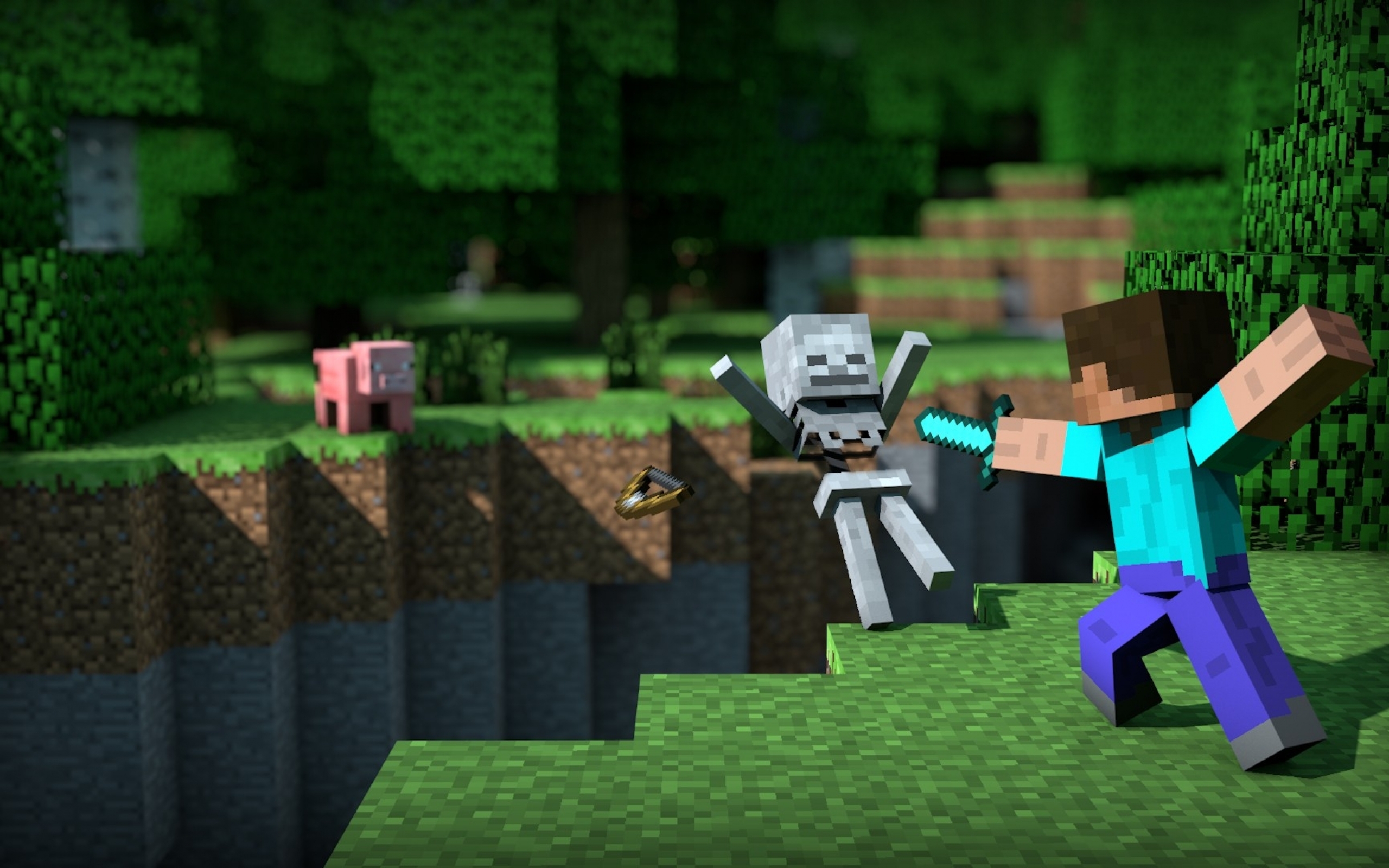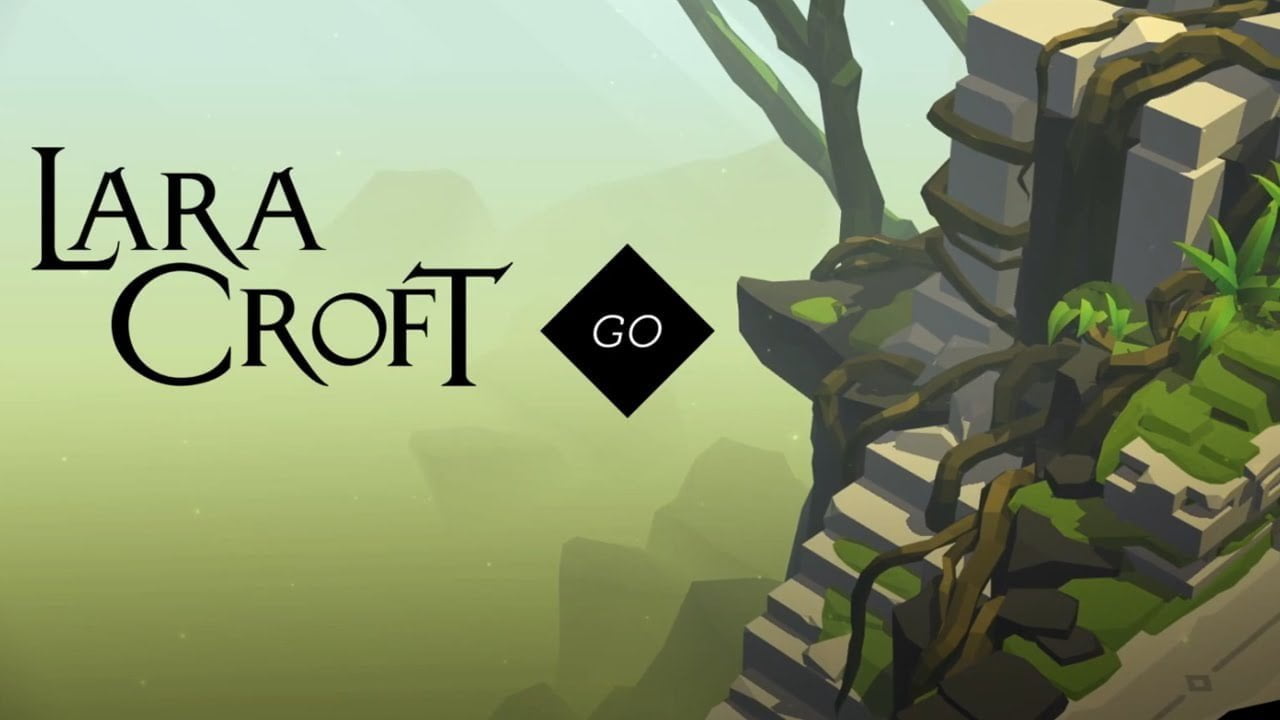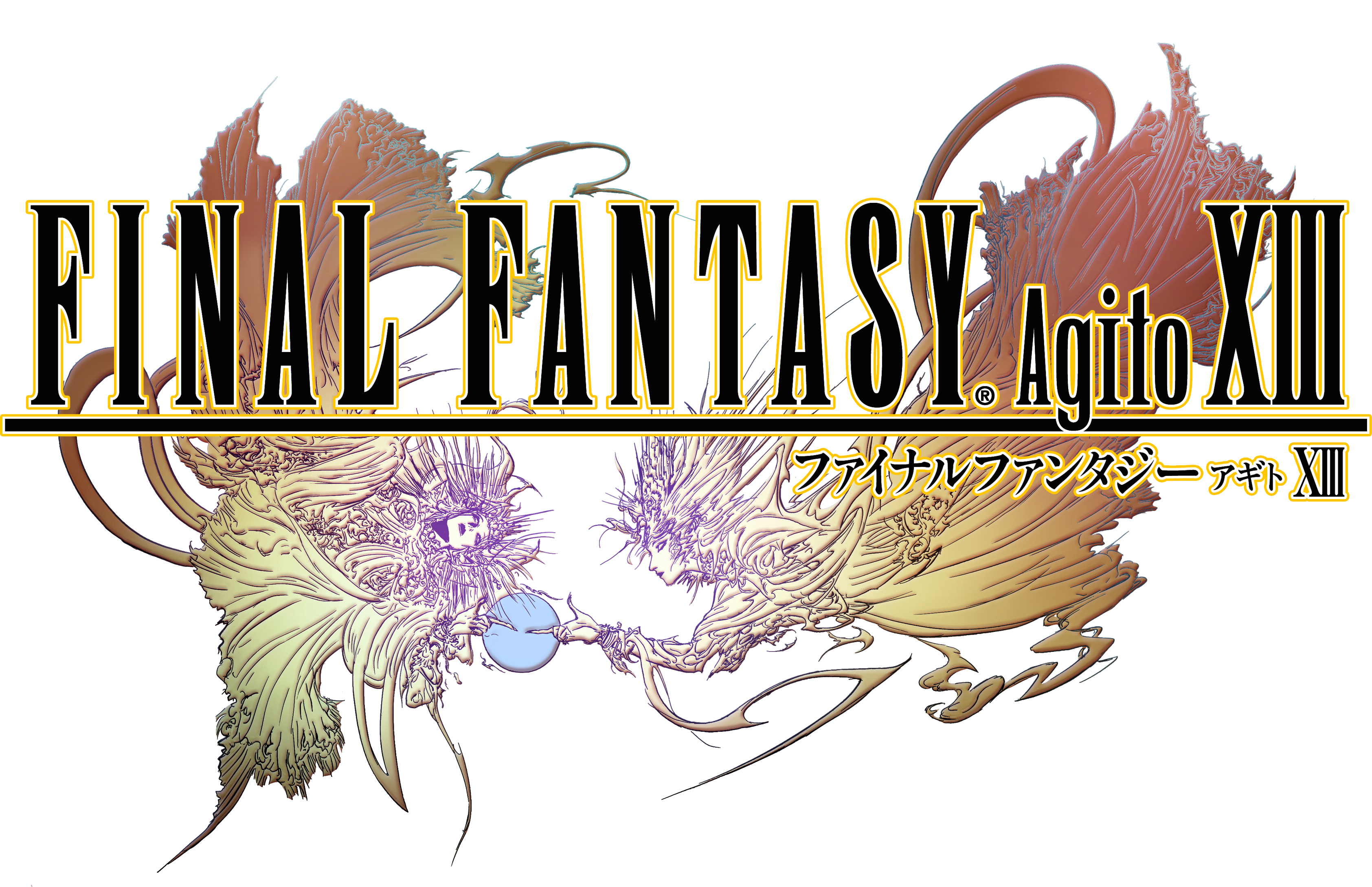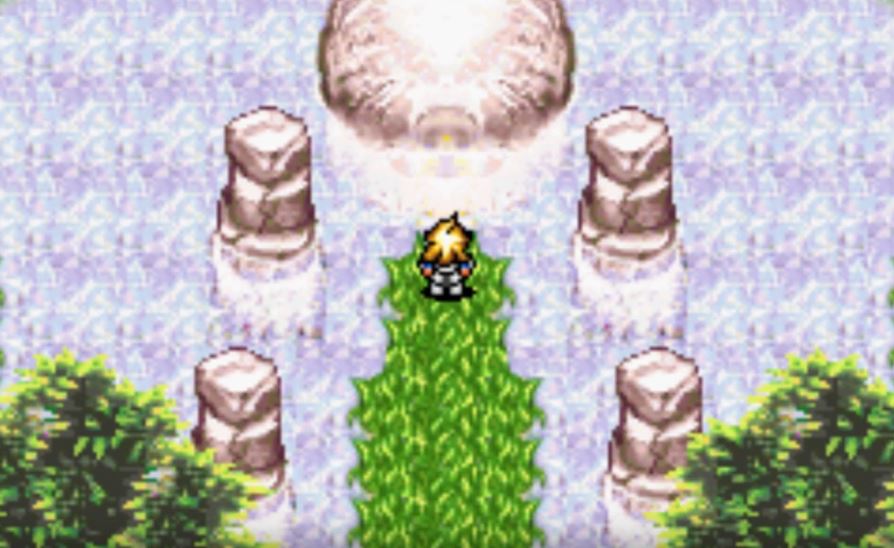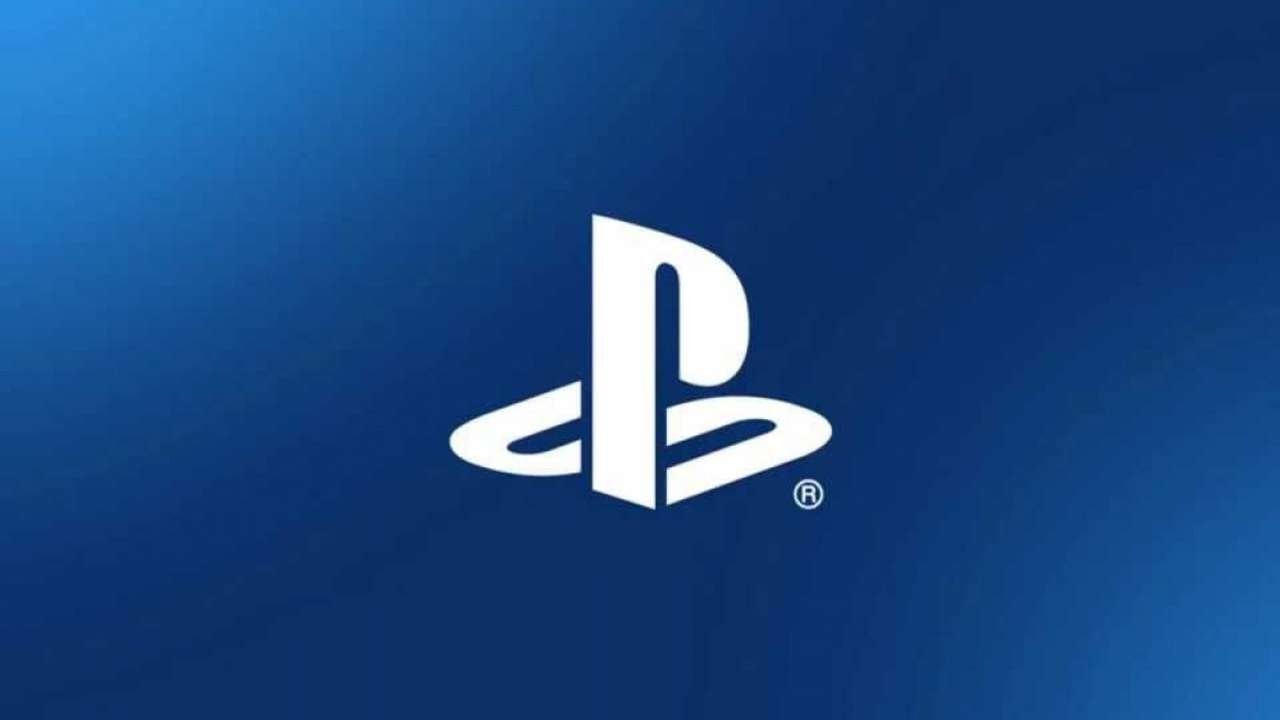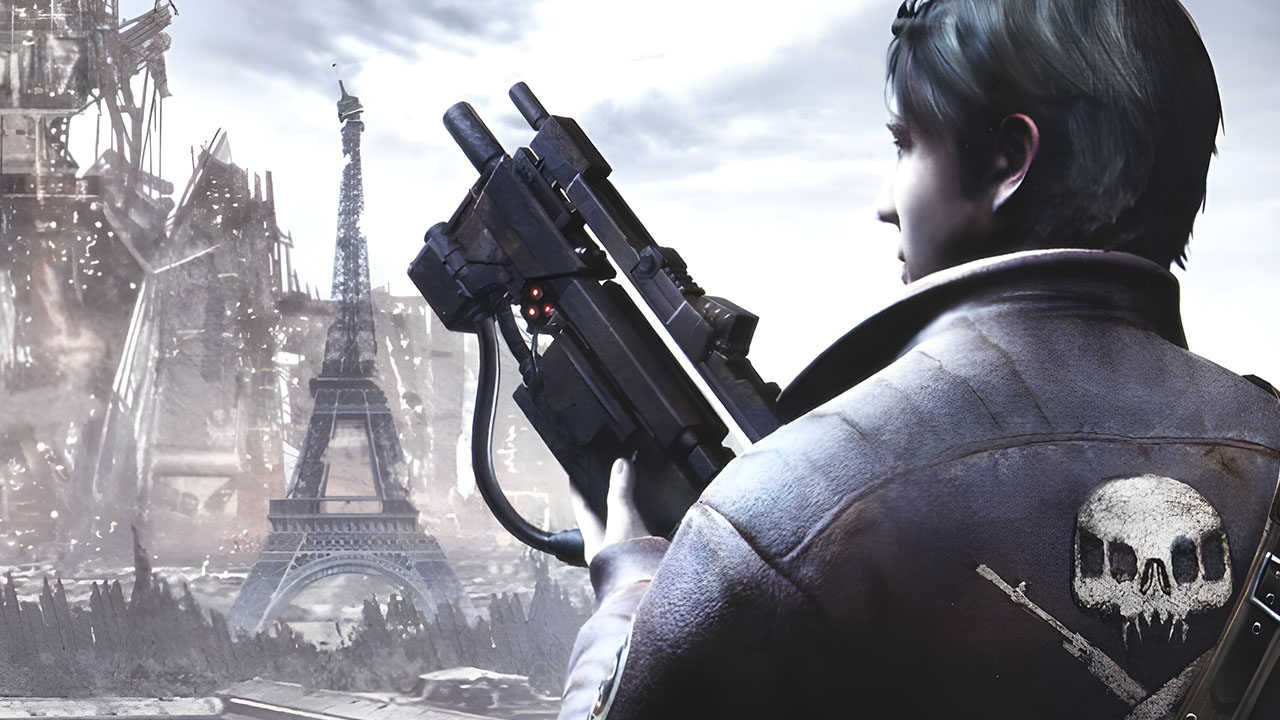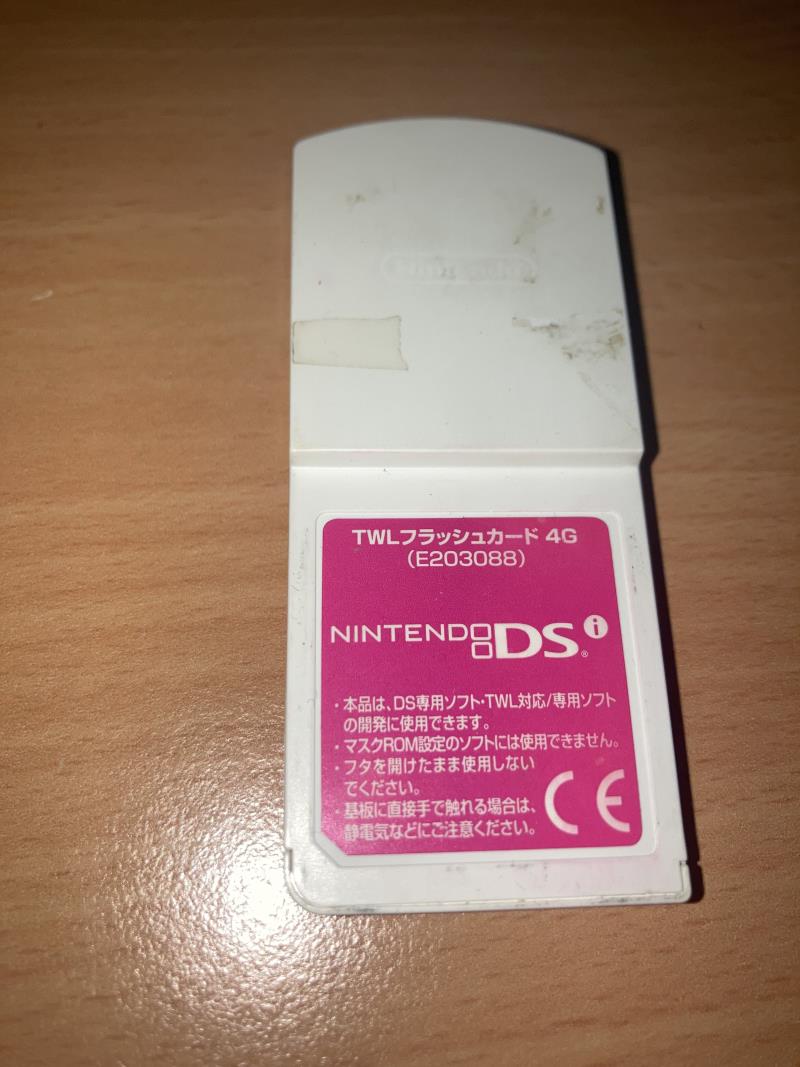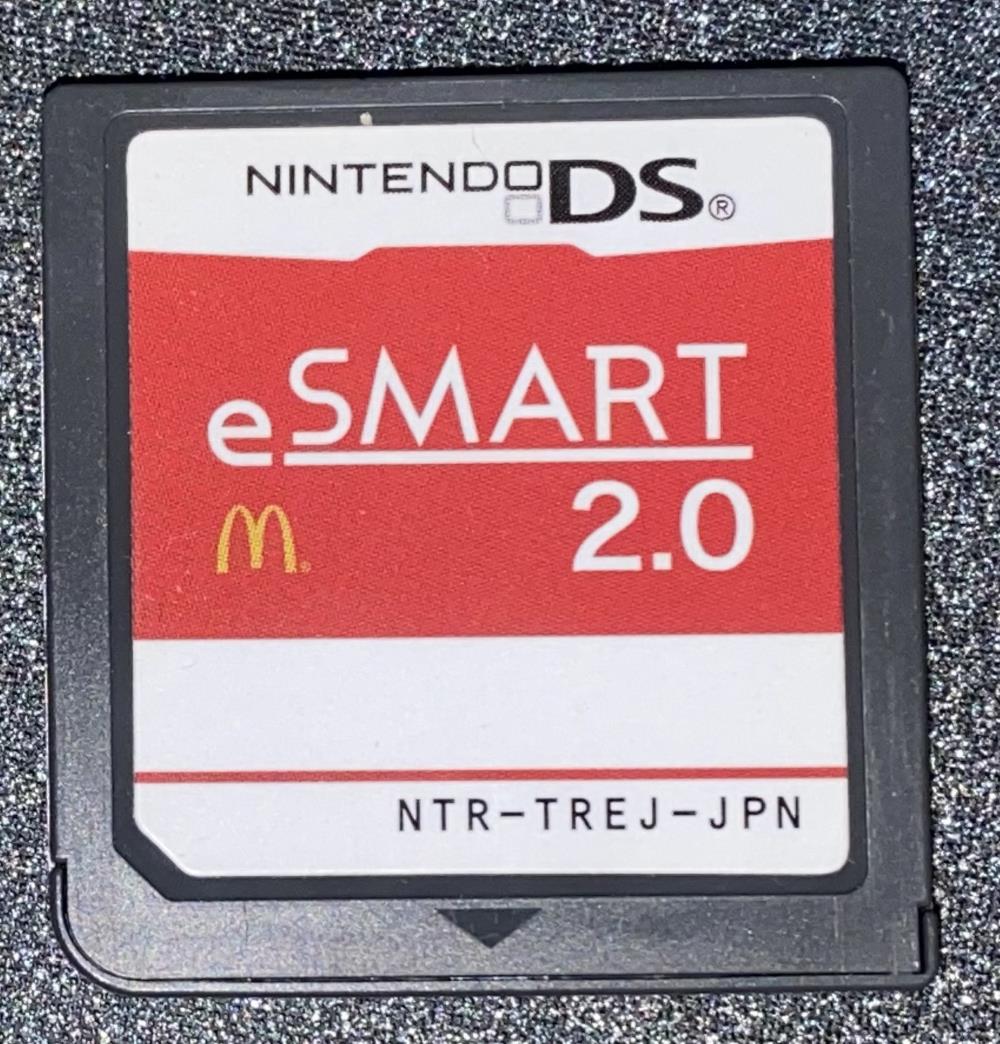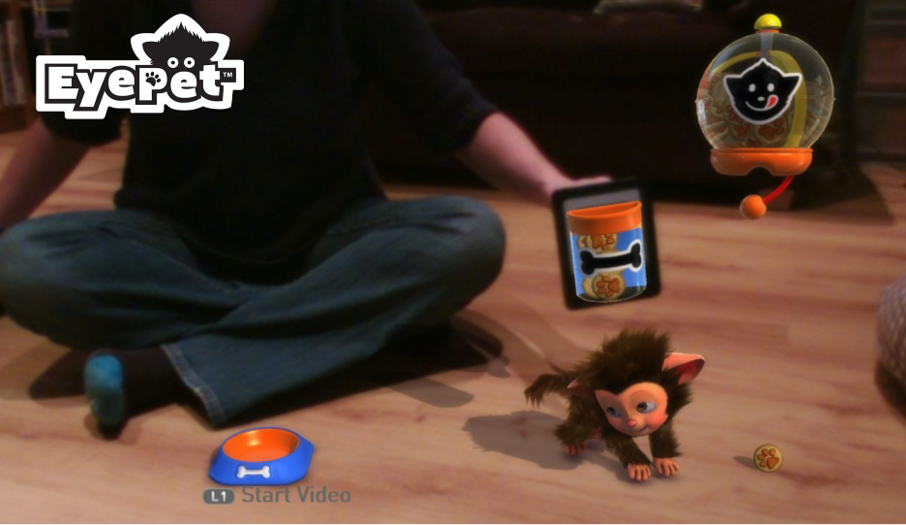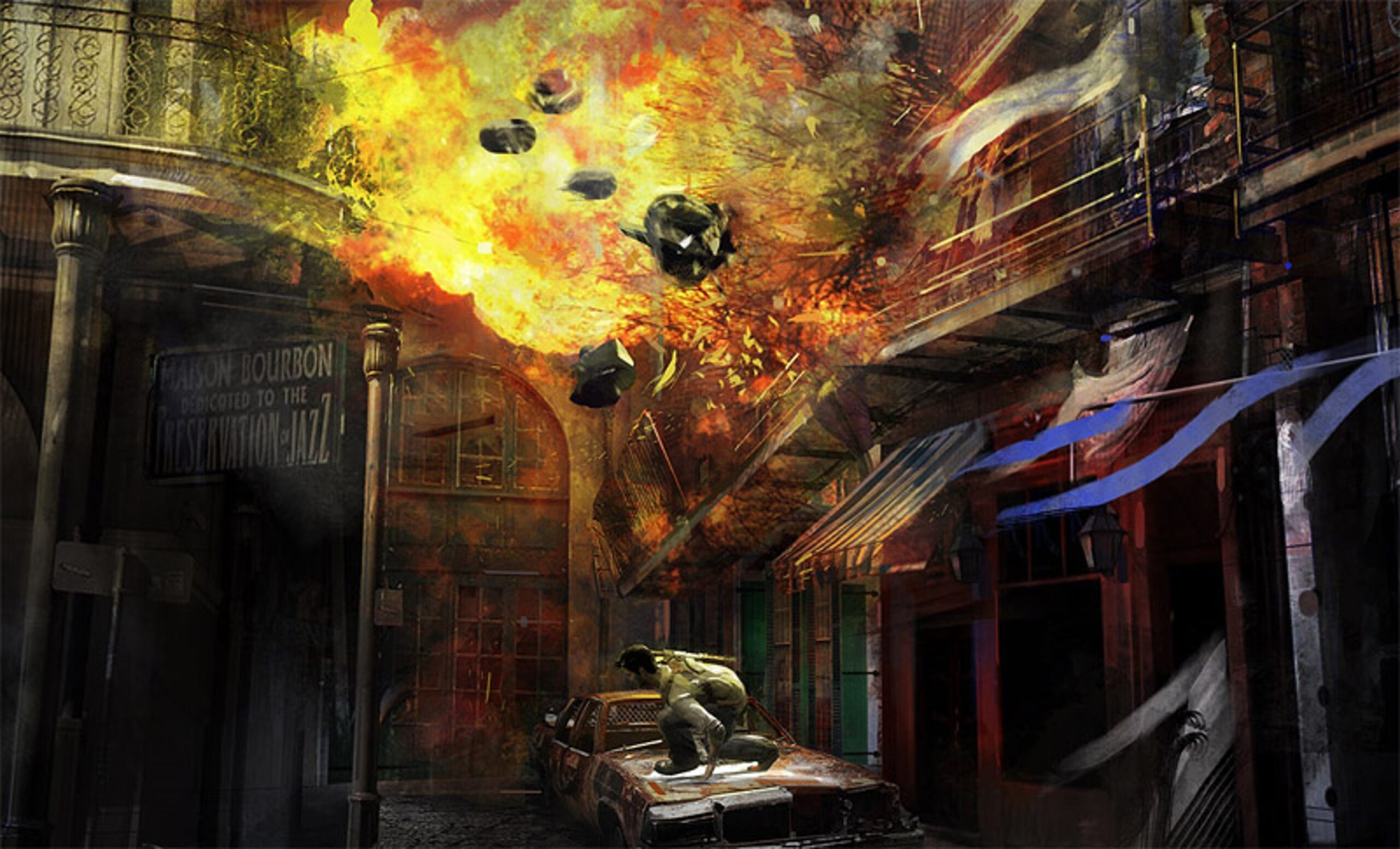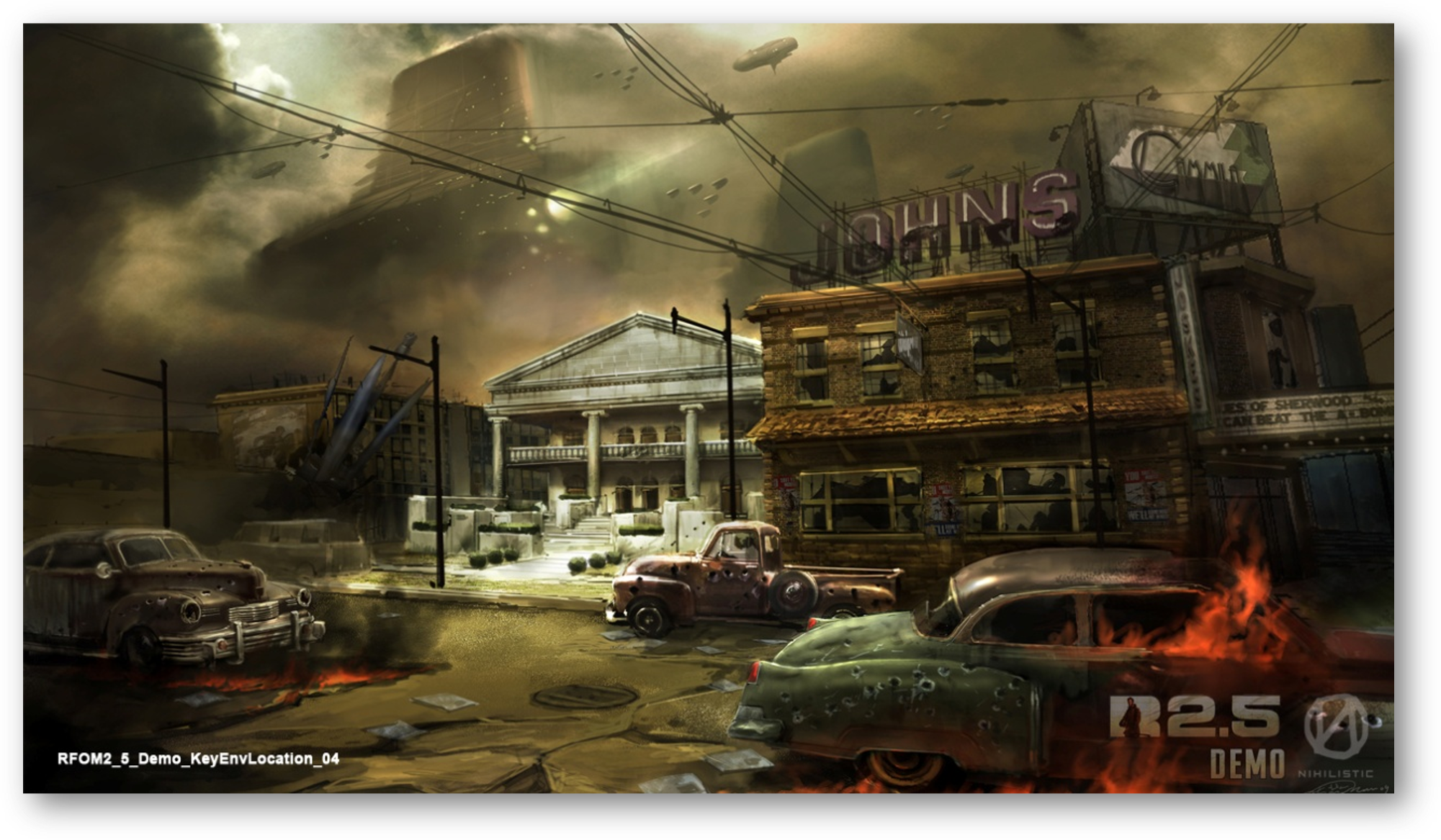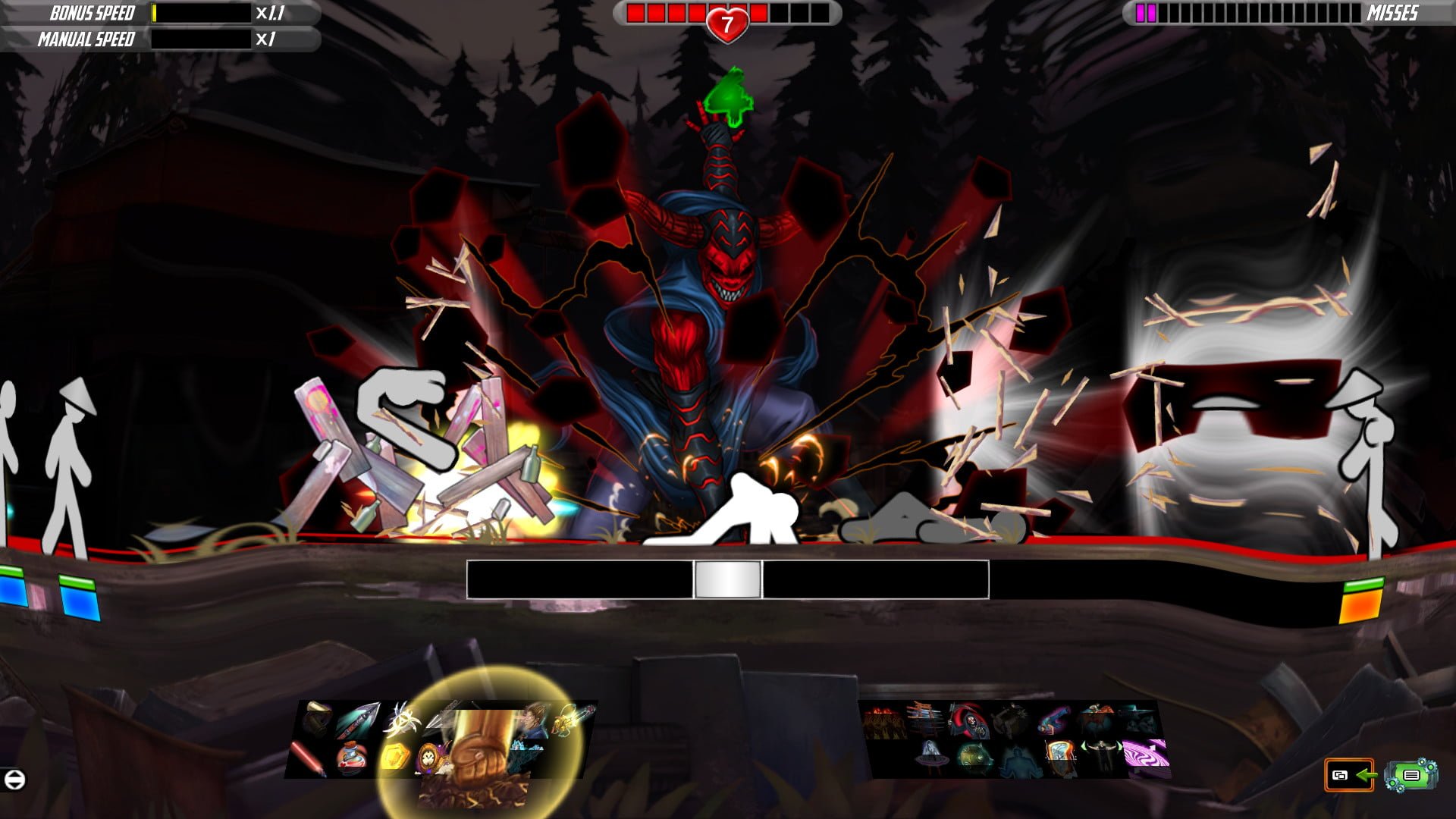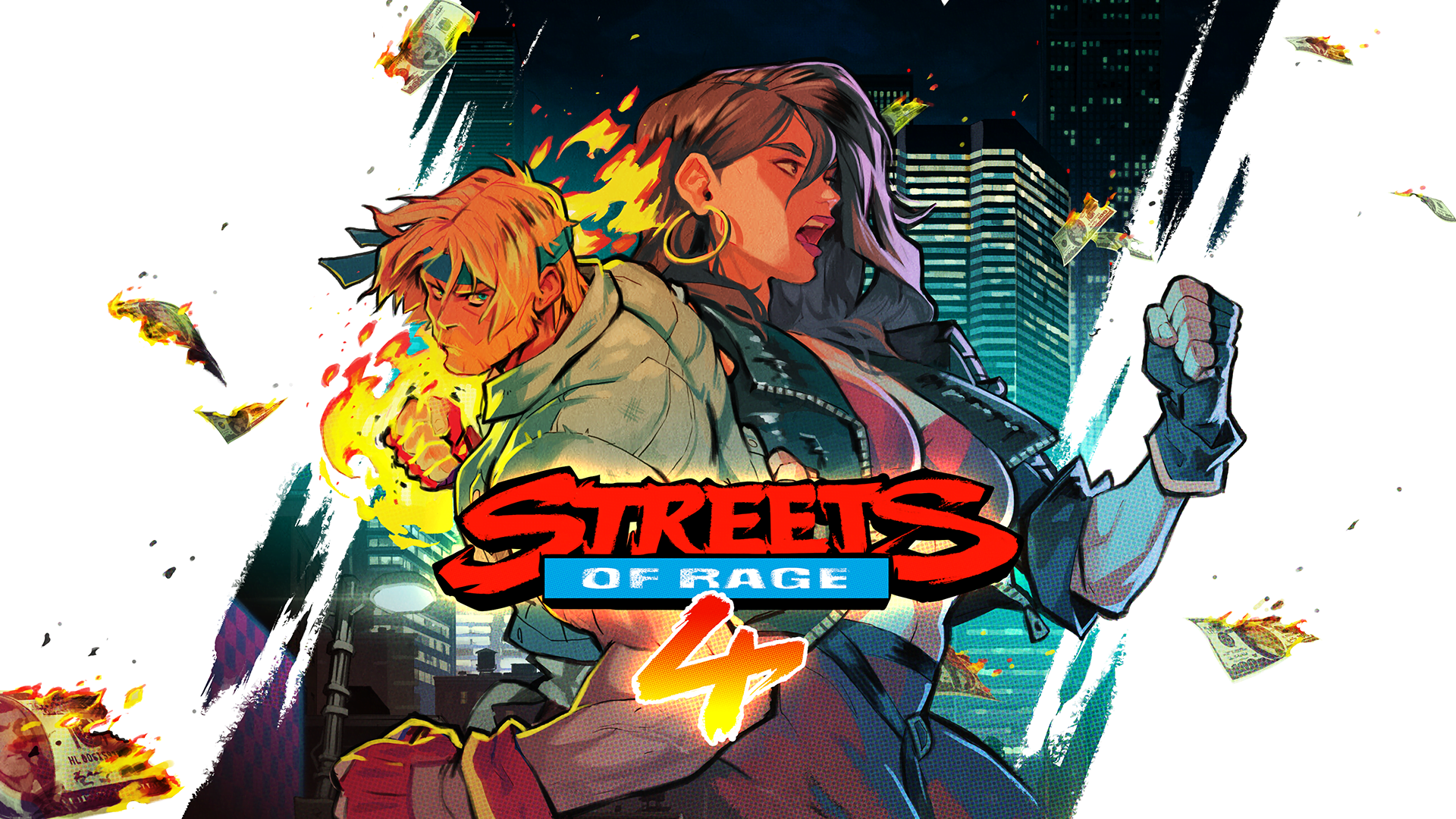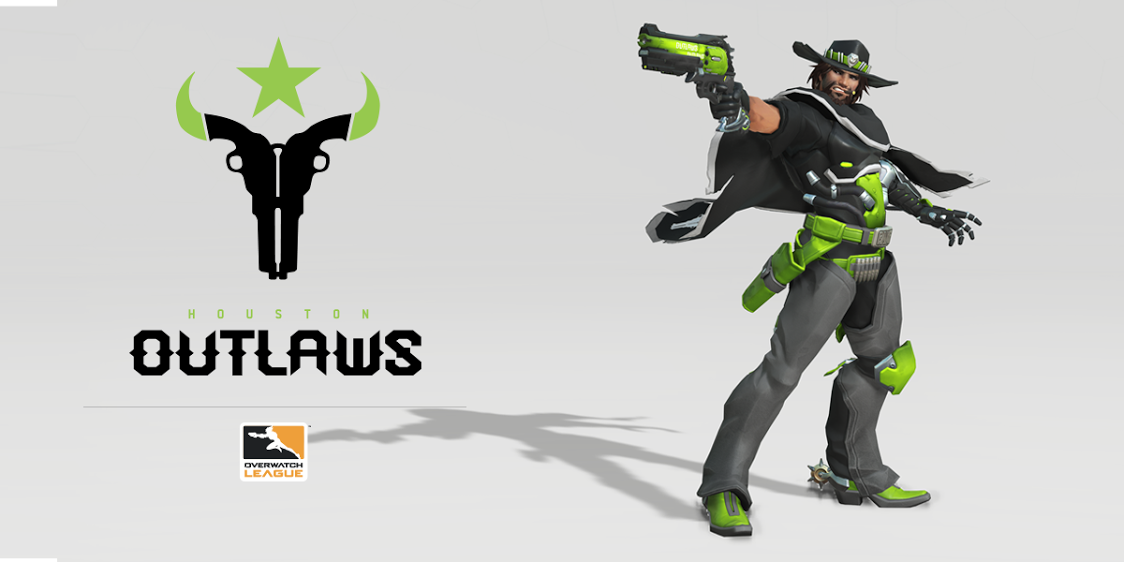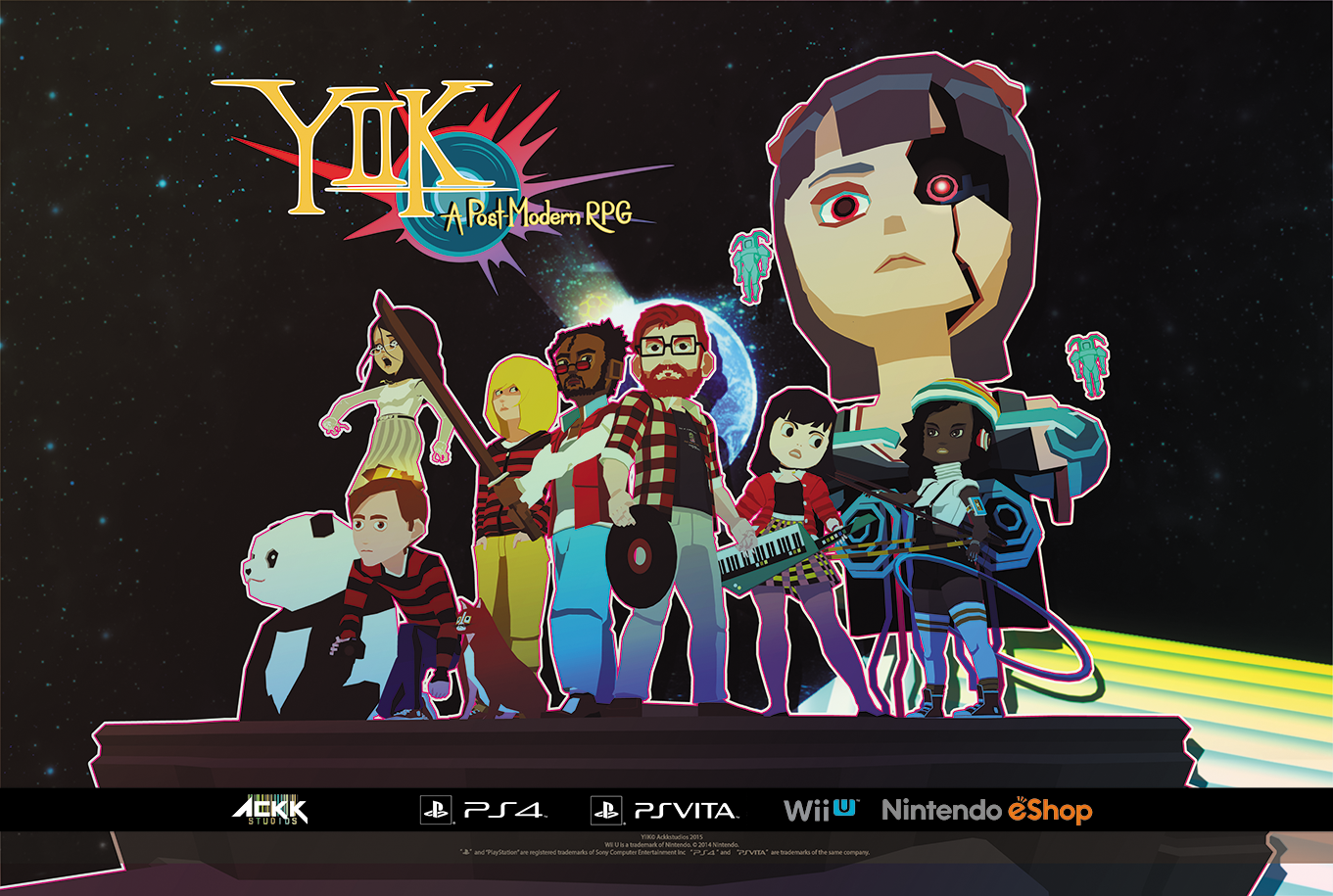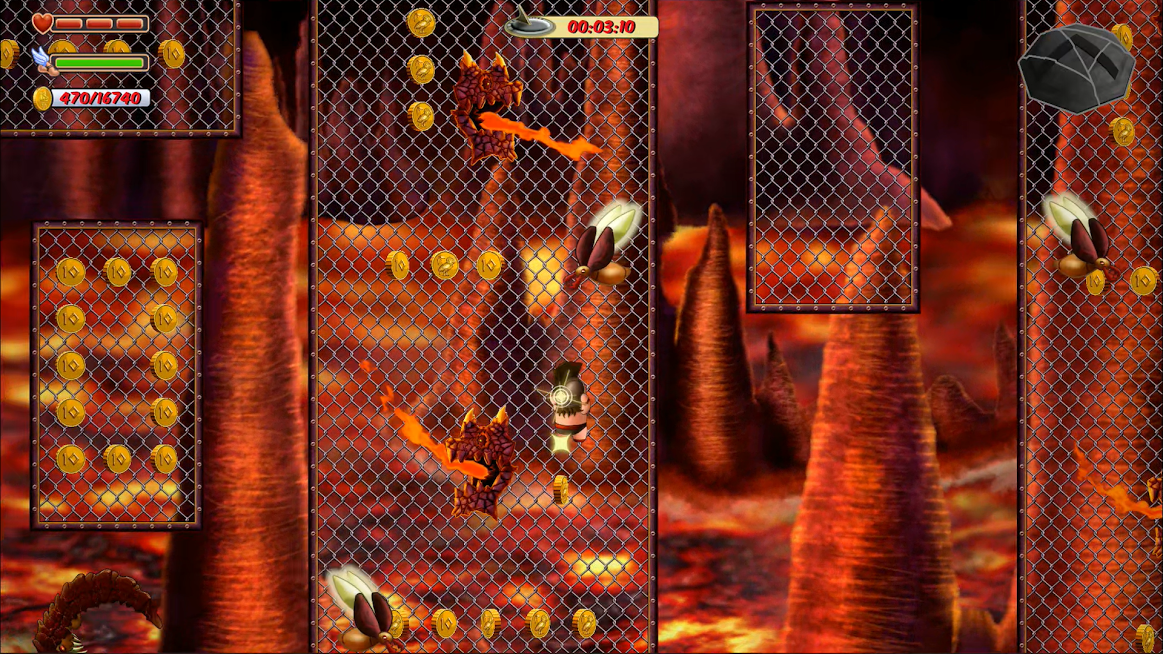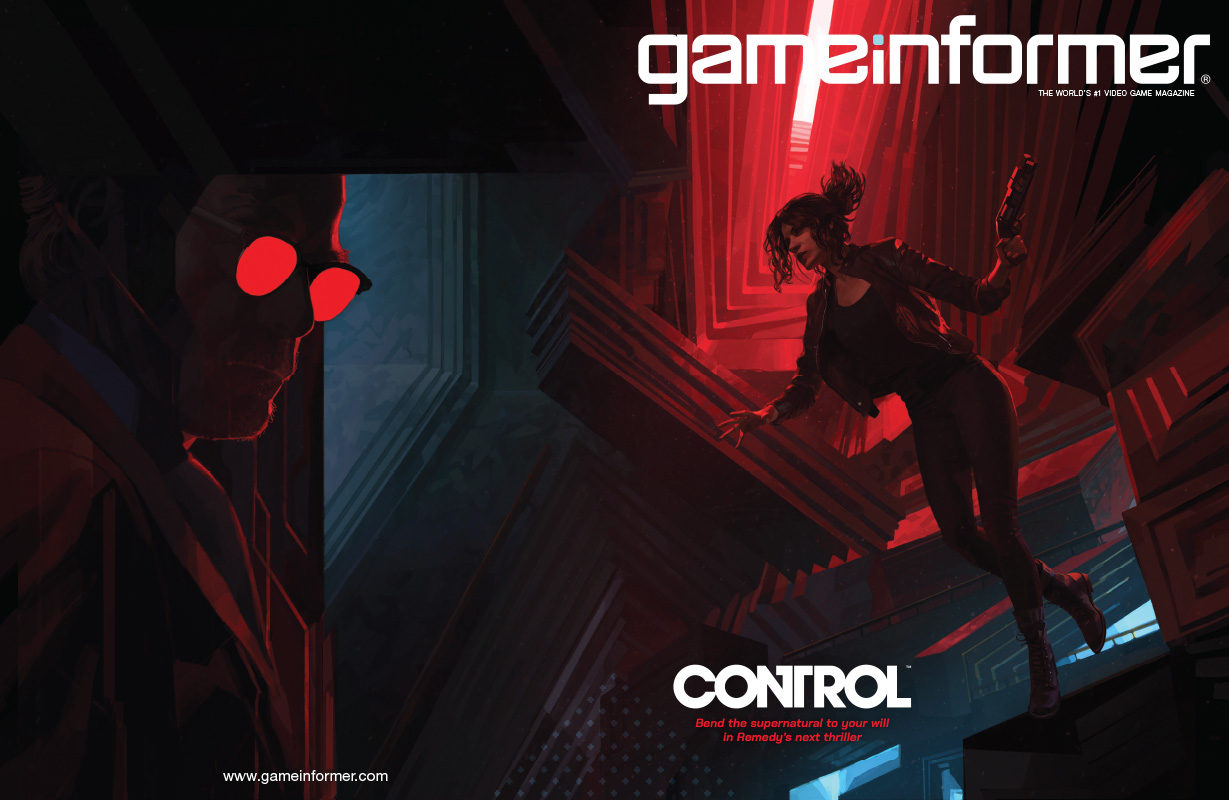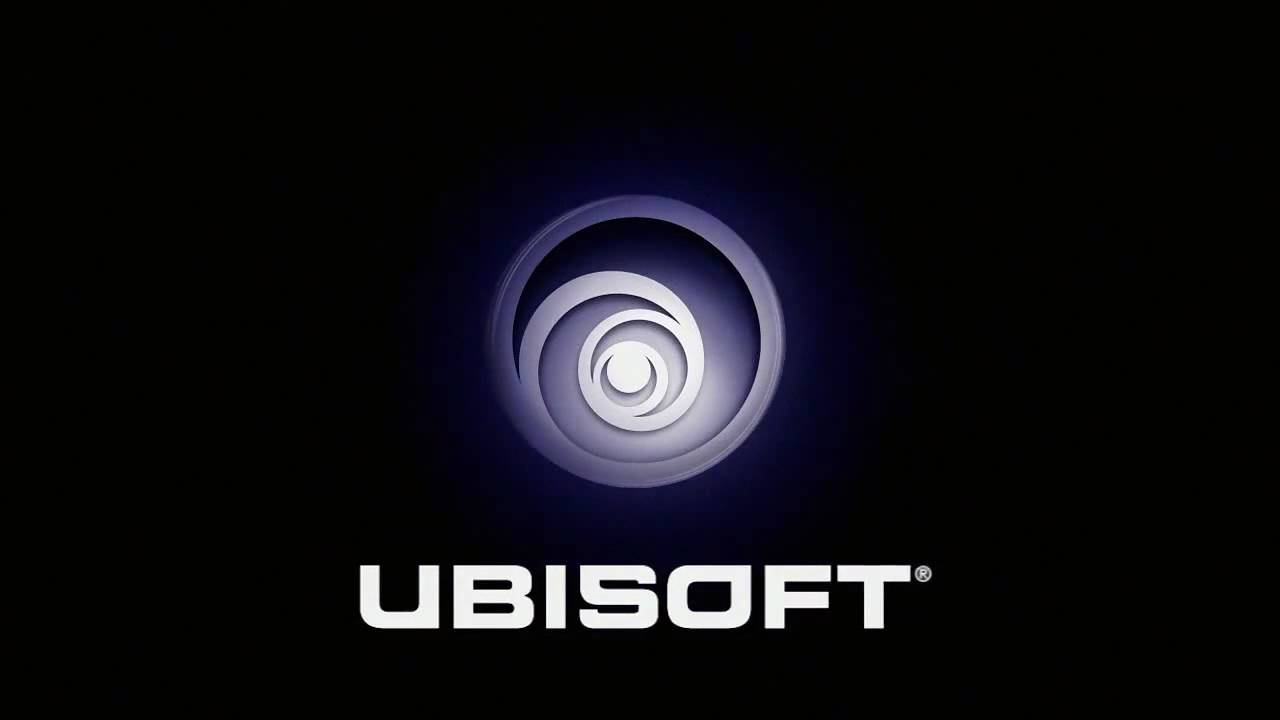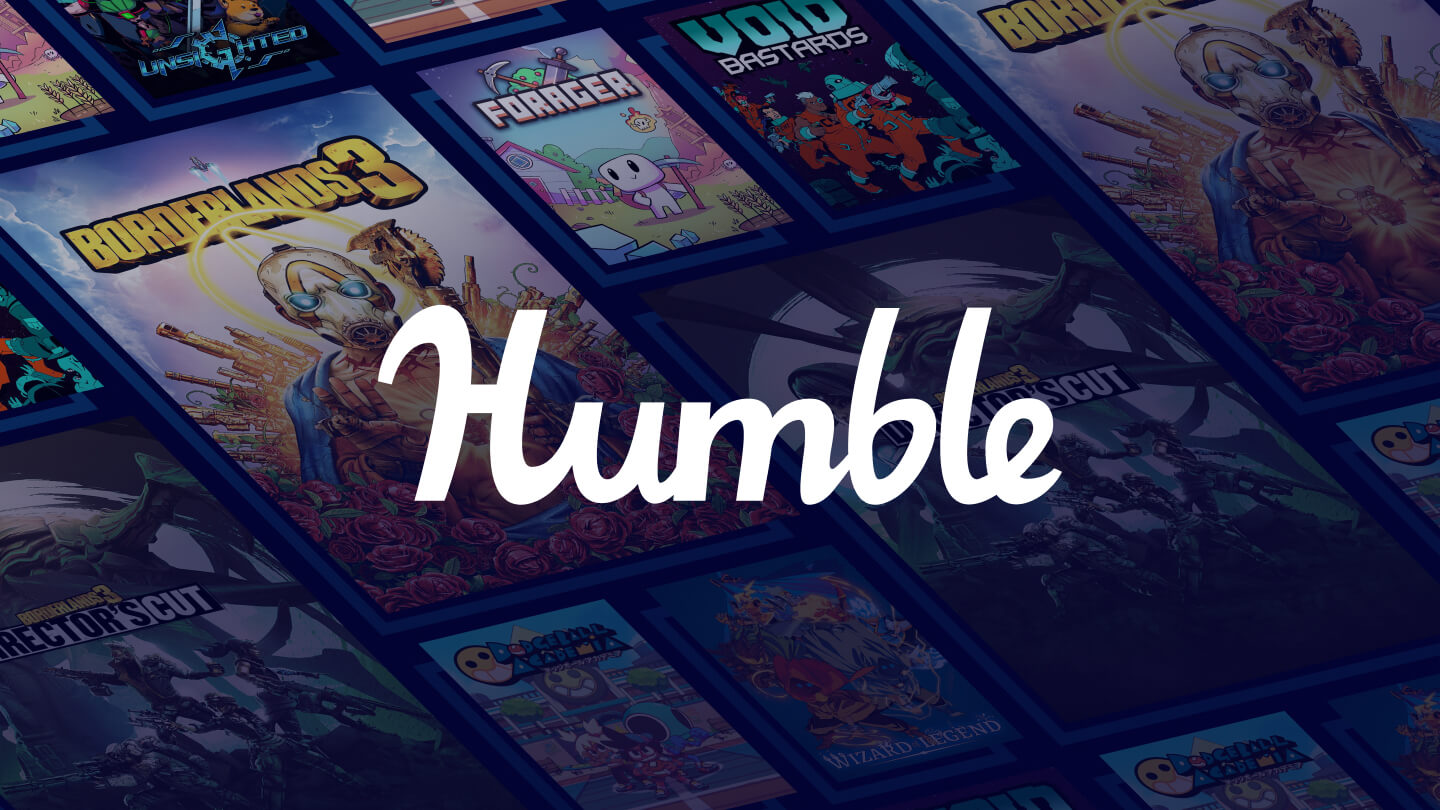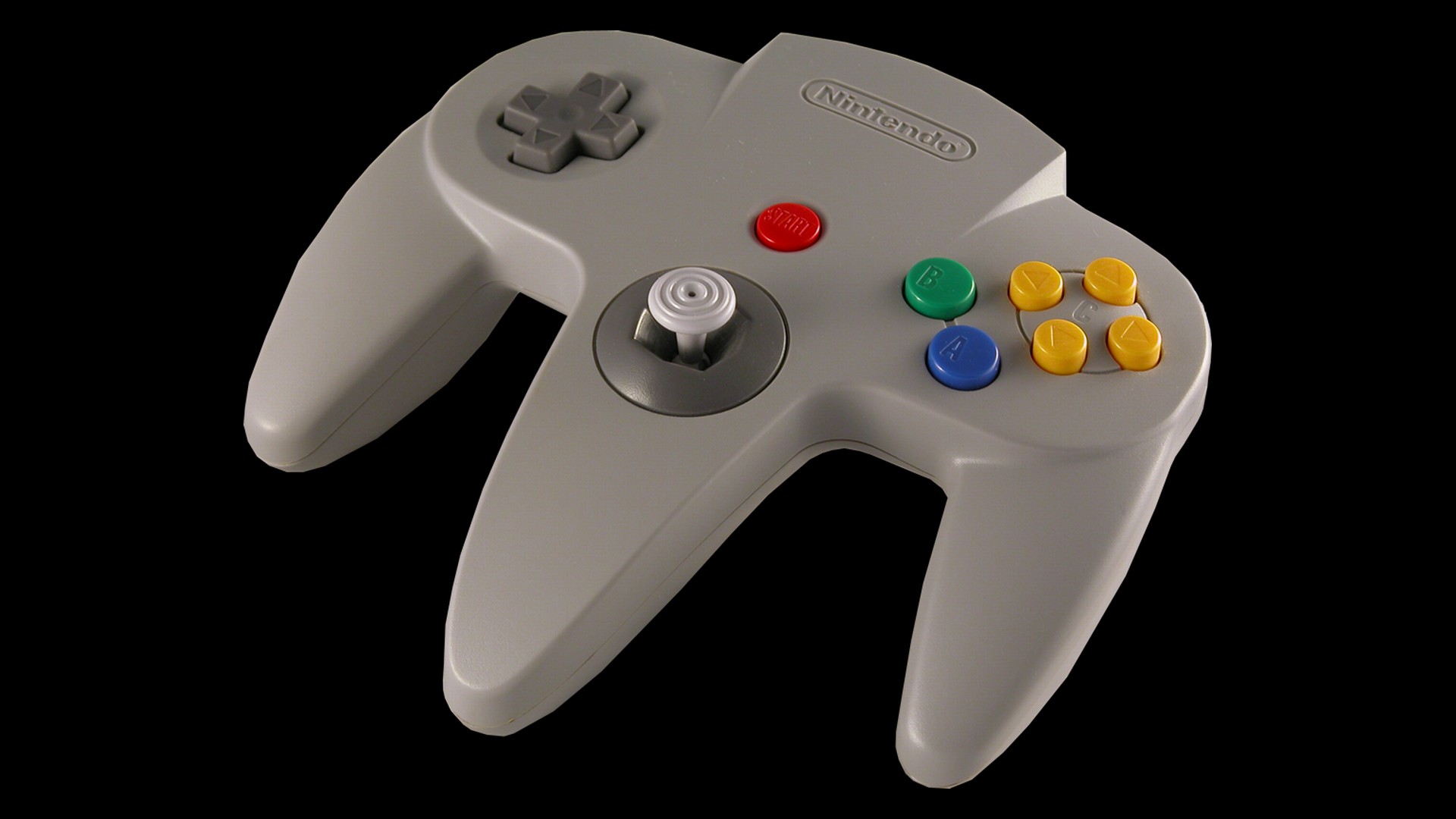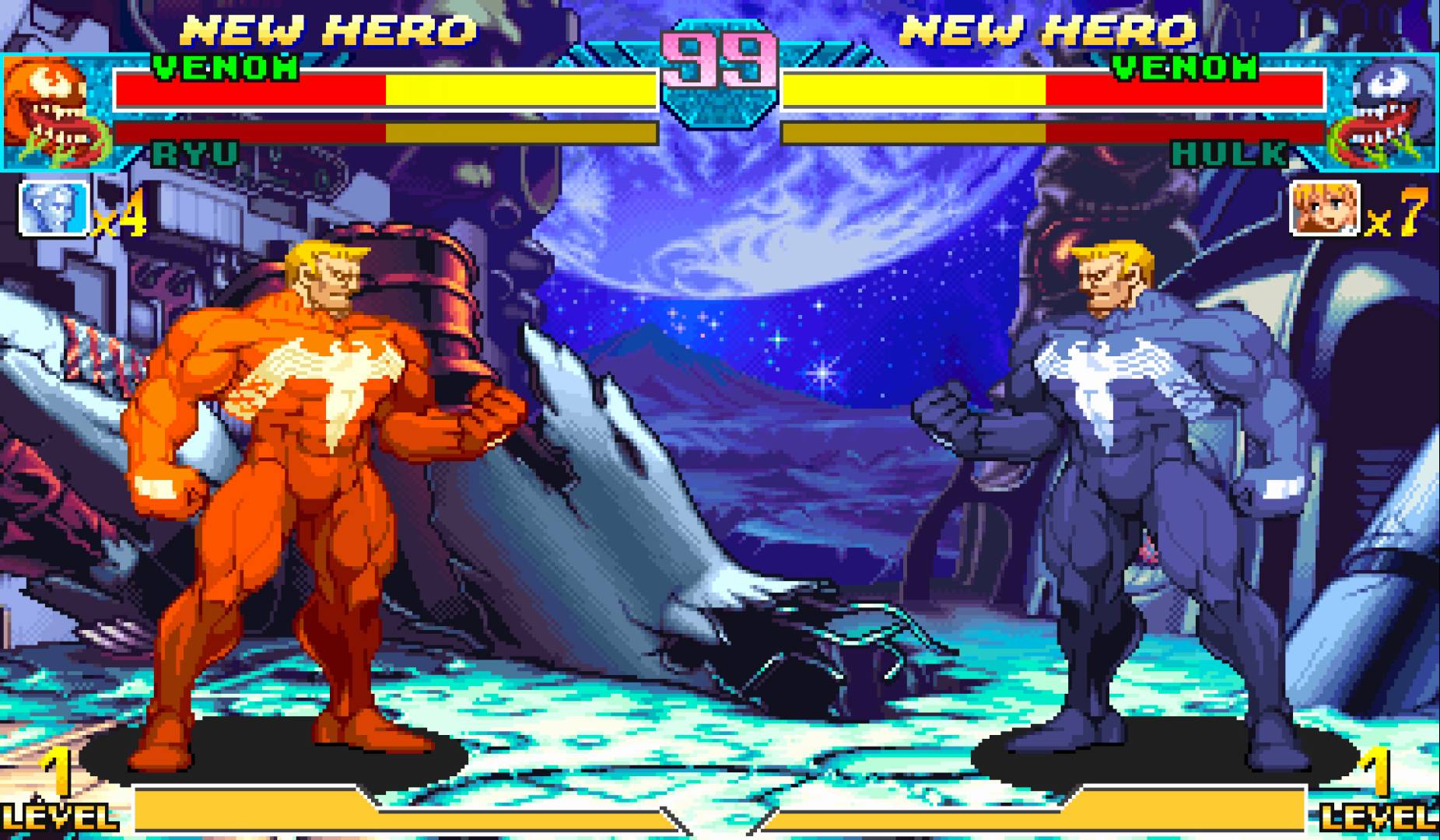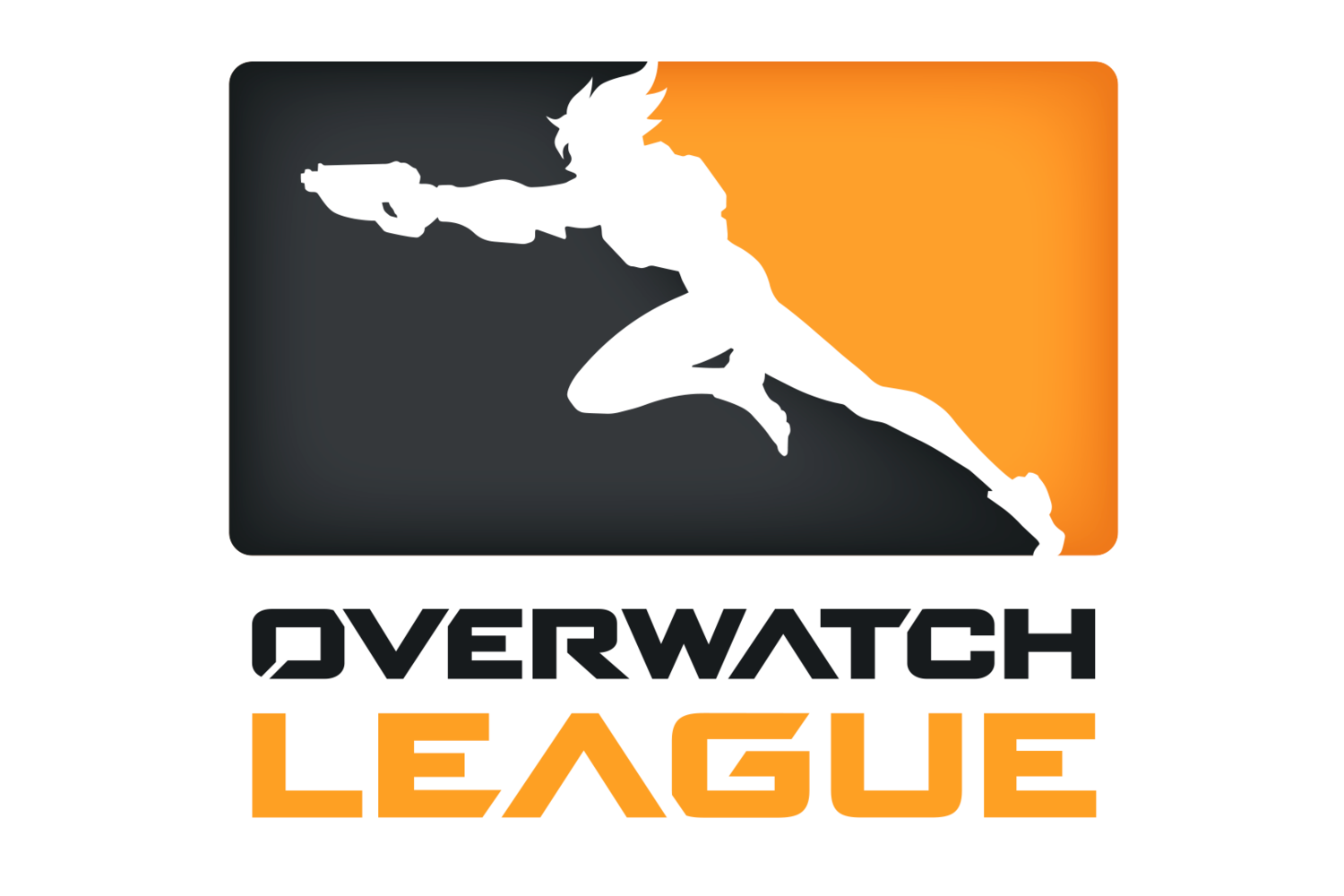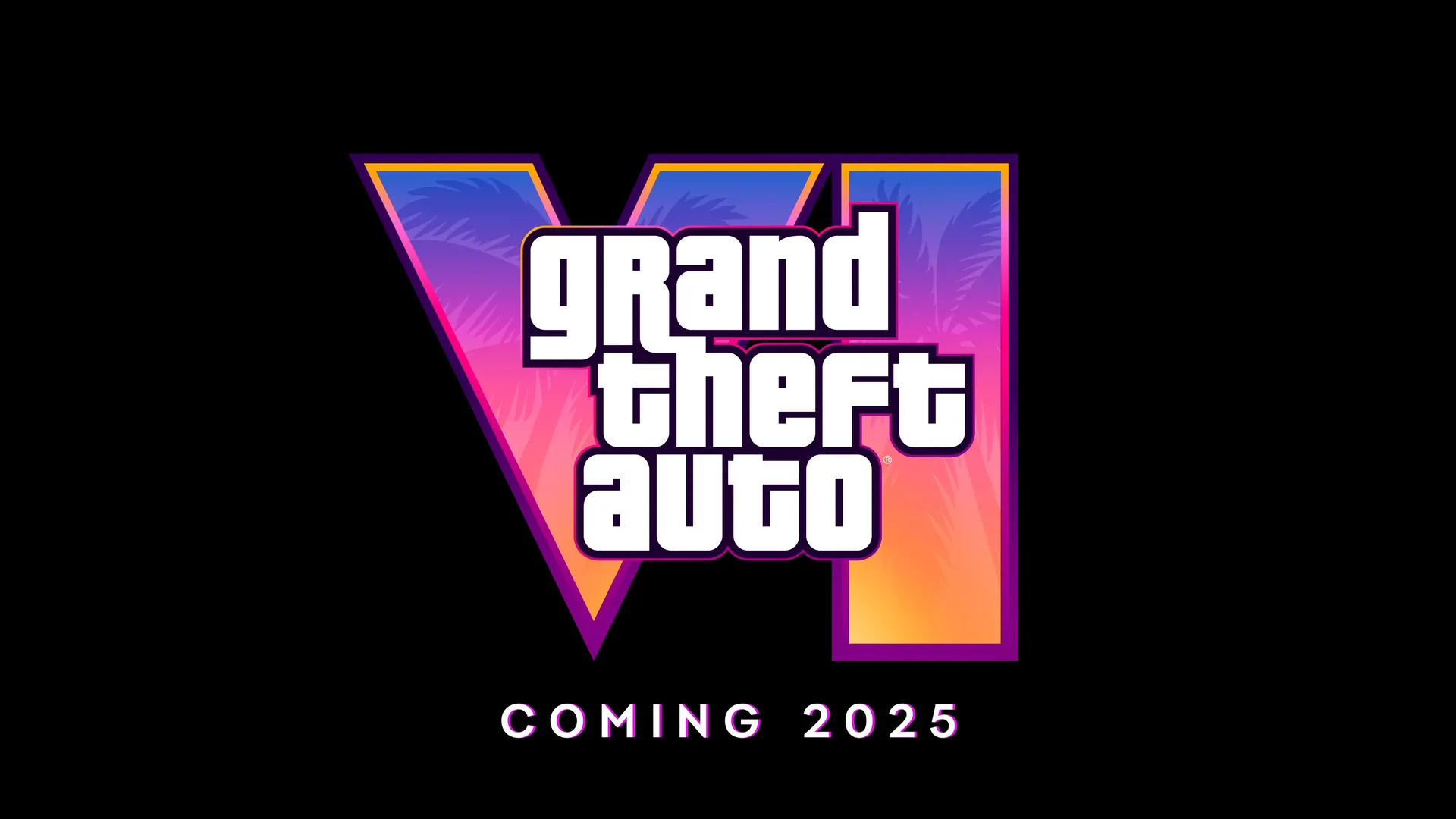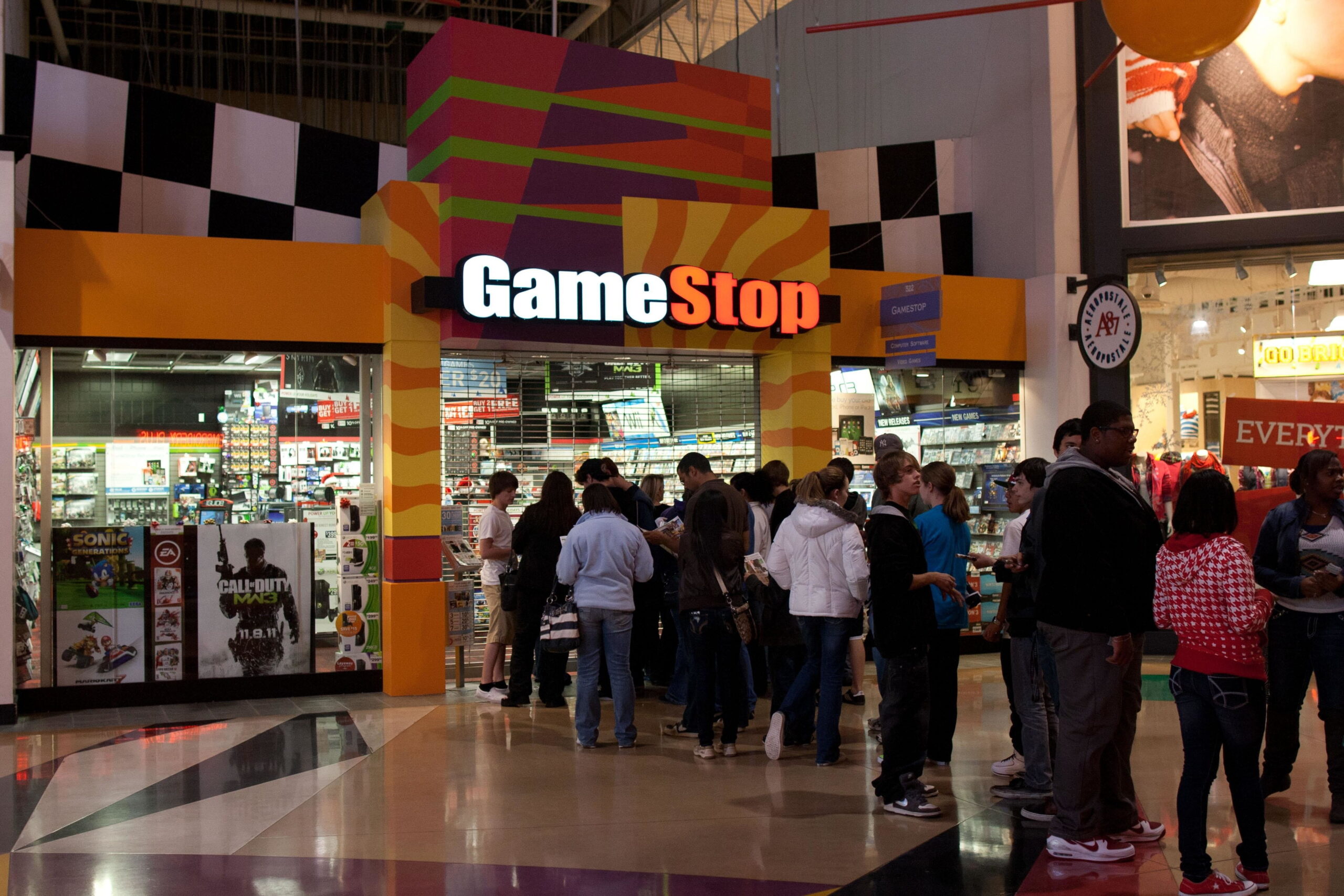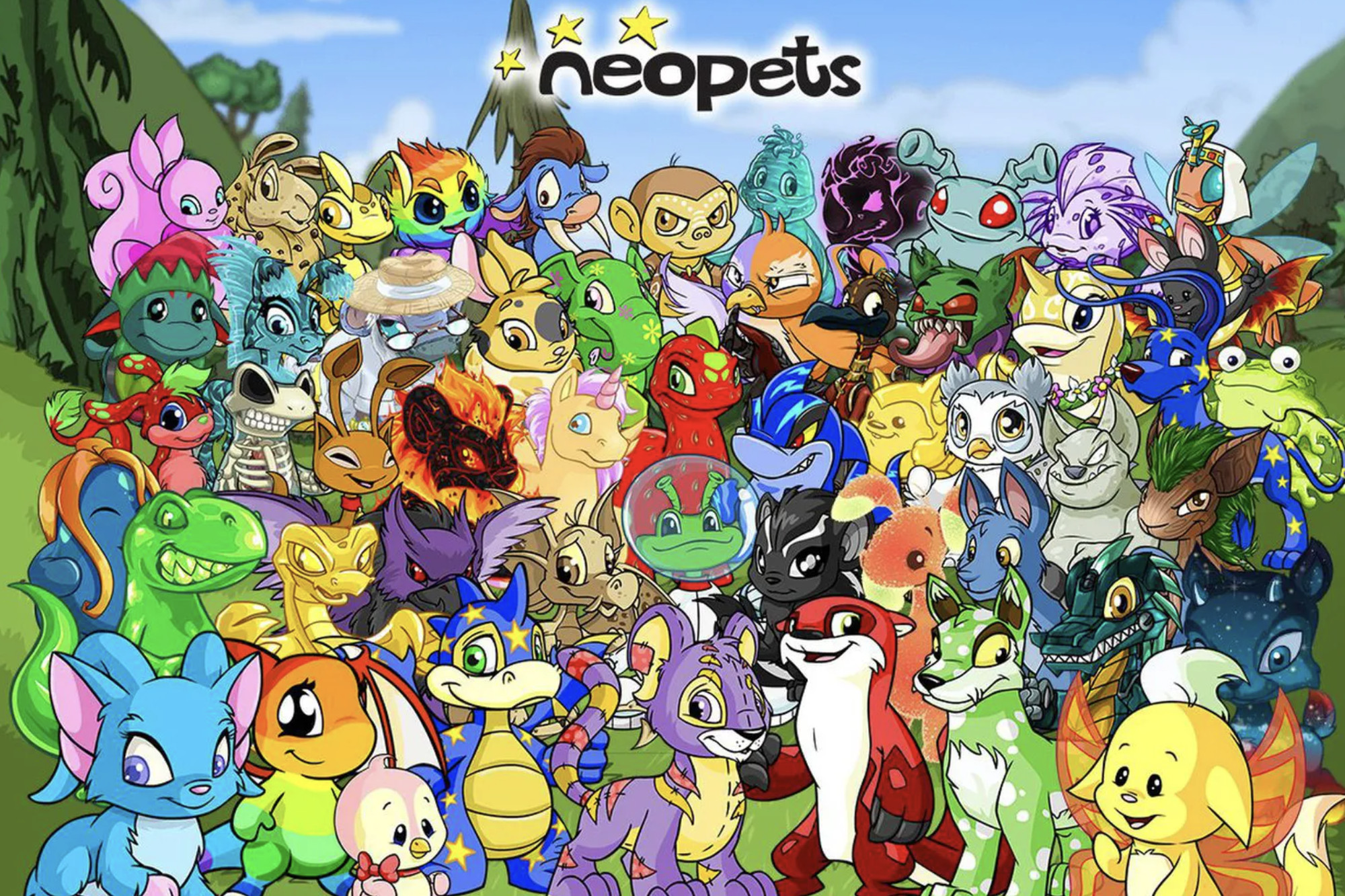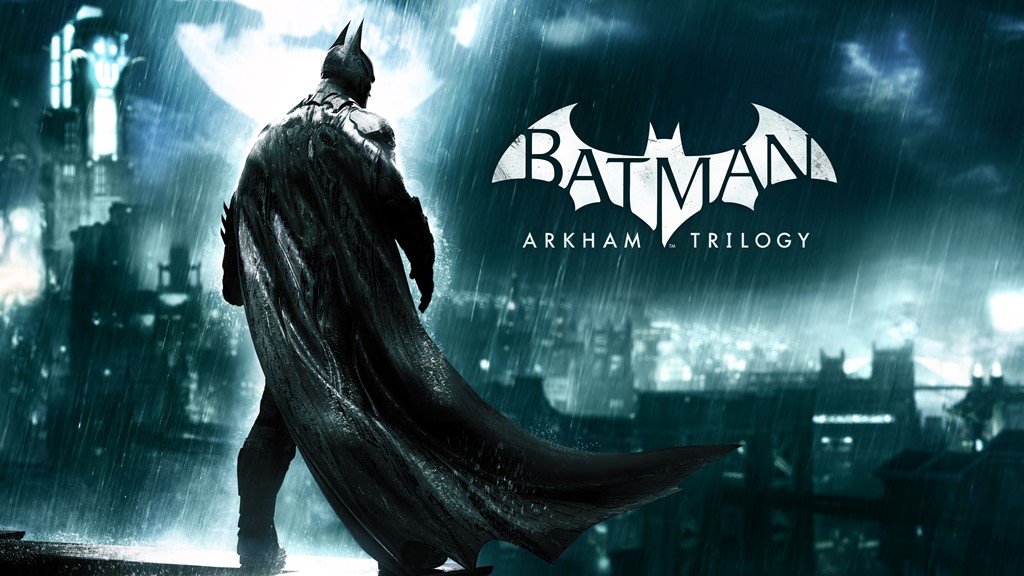Growing up, we’ve all watched tv shows and have wondered who does the voice to a character. Especially after we watch a tv show and think to ourselves “That person sounds a lot like ____!” We also sometimes do it for video games as well. The voice of The Riddler in the Batman games has always intrigued me, not totally from trying to figure out the riddles, but because I recognized the voice. Sure enough there was a reason. After doing some research I found out that the same person who does the voice of The Riddler also did the voice of Takeshi Nakazato in one of my favorite animes Initial D. His name is Wally Wingert. We recently got to do an Interview with Wally and discuss his voice acting career so far.
Gaming Conviction: How did you get into the voice acting industry?
Wally Wingert: I was a radio DJ in South Dakota from the time I was 16, and I used to do a lot of character voices on my radio show. I had done impressions and voices ever since I was a young kid, and I tried to perfect the Sesame Street Muppet voices when I was in fifth grade. Strangely enough, my first job on “Family Guy” was doing the voice of Bert in their “Sesame Street” spoof called “Sesame Street Blue.” When I moved to Los Angeles in 1987 to explore the acting world, I quickly fell out of love with the on-camera acting side of the business and decided to pursue Voice-Over. I had always loved cartoons (I think “POPEYE” was my first word when I was a baby) so my interest in this aspect of the entertainment industry felt very natural to me.
GC: Who were your inspirations?
WW: My first ever inspiration was Adam West when I was a 5 year old “Batman” fan. As I grew up I took inspiration from William Shatner, Lon Chaney Sr., Andy Kaufman, Elvis Presley, and many others. My inspirations gave me a fairly well-rounded knowledge base as I continued to study aspects of each of their careers.
GC: One of my favorite animes is Initial D and you did the voice of the leader of the Night Kids, Takeshi Nakazato who appeared in the first 3 Stages. Tell us about that experience.
WW: Well, we called him “Zak” Nakazato. It was one of the first anime dubbing jobs I had ever done, and with any anime job, I learned quite a bit. Your acting has to be spot on, but you are compelled to keep your verbiage within the confines of the pre-animated segments. In original animation like “Family Guy,” “Avengers: Earth’s Mightiest Heroes,” “The Garfield Show,” etc. – the dialogue is recorded first and THEN animated to. Some of the best actors I know are anime dubbers, because they have so many limitations on their performances. Anyone who can still turn in a stellar performance with that many limitations have to be great actors. That particular show kind of blends in with the rest of the anime shows I’ve done, since we did it so long ago. I don’t really have many recollections about it.
GC: In your opinion why do you think Initial D didn’t achieve the success in America as it has in Asia?
WW: I never saw any of the “Initial D” episodes that we did once they were finished, so I’m really not sure what happened there. There’s really no solid way of predicting which Asian properties are going to resonate in America and which are not. But I do know that a lot of the Asian properties that are imported to America have to be changed to some extent to relate to an American audience. That’s why many of the voices for the English dub don’t sound anything like the more guttural Japanese actors. I don’t think American audiences relate to that sort of sound. And most of the American-ized voices for the characters usually want to go for a decidedly younger sound than their Asian counterparts.
GC: Something I thought was really neat was you did some voices for Family Guy like Bert, Principal Sloan, Peter Criss, etc. Did you ever read your lines and think to yourself “Where the hell does Seth think of this!?!”
WW: I think that ALL the time! But I knew he was brilliant from the first day I met him. I referred to him as a younger Mike Judge. But as we all know now, Seth has become a stellar force in the entertainment industry and has far surpassed any sort of references I originally saddled him with. He’s an unstoppable force, a supremely talented guy, and a darn nice fella!
GC: I also read that did Narration for The Tonight Show with Jay Leno. Is that true?
WW: I was the show announcer/voice of “The Jay Leno Show” in 2009, and when they gave Jay back “The Tonight Show” in 2010 I stayed on and became only the seventh full-time announcer in the history of “The Tonight Show” franchise. I did it for four years until Jay was retired by NBC in February of 2014. Jay is one of the nicest guys (if not THE nicest guy) I’ve ever had the pleasure of working for.
GC: Your very first video game you did voice-over for was Escape From Monkey Island. Tell us a little bit about what it was like.
WW: Being one of my first jobs, and being for the LucasArts company, I was very excited by it. It ended up being a terrific experience, and as recently as a few years ago I was asked by LucasArts to reprise my role for some other “MI” projects they were doing. I’ll always have a soft spot in my heart for ol’ Herman Toothrot!
GC: Your first major role in video games was Maximo in Maximo: Ghosts to Glory. Were you nervous doing the voicework for the main character?
WW: I went into it with a fair amount of naiveté. I wasn’t that familiar with the franchise or how important it was or would become. I guess ignorance is bliss, because had I known perhaps there would have had some degree of nervousness going into it. I remember the sessions being a lot of fun though. I particularly enjoyed performing Lord Gutterscomb.
GC: How different is it going from cartoons and anime to video games?
WW: It’s quite different. Original animation is normally done, though it’s changed a lot in the past several years, with an ensemble of actors who play off of each other in a four hour session. In anime you dub all of your lines by yourself, and they’re mixed in with the rest of the actors later. In videogames, because of the enormous amount of material that needs to be recorded for each character, they’re most always done solo. I say “most always” because on the Ratchet and Clank sessions we did have a few instances where all of the pirates gathered together to sing songs in a group.
GC: You are most famous for doing the voice of The Riddler in the Batman video games. Were you a huge fan of the Adam West Batman show growing up?
WW: I was a voracious fan of the Adam West “Batman,” and for years I grew up thinking I was a fan of the Batman character. I found out later that I was really a fan of that show, and particularly Adam West, and wasn’t really that much of a fan of the other incarnations of Batman. But now being a part of the Batman legend is quite an honor, and one that I consider one of the highest achievements of my career. I do rather enjoy the whole “Arkham” world of Batman, mostly because of the strong performances of Mark Hamill and Kevin Conroy.
GC: How big of a deal personally was it for you to get the chance to do voiceover work for one of your favorite childhood shows?
WW: I got to do several of those. I was the voice of Popeye for several CD Rom adventures early on in my career. That was a huge honor. And I’ve gotten to voice many Muppet characters over the years, for random projects. Any time I’m allowed to harken upon my childhood obsessions for a session it’s always a huge thrill. It gives you a very real “full circle” feeling.
GC: Batman: Arkham Knight has sort of been the talk of the video game world lately as the PC version of the game was so broken that Warner Bros. had to pull the PC port from distribution until a patch was released. Do you have any thoughts on the issue?
WW: Nope. I’m afraid I don’t know much about it.
GC: Since you did the voice of Mr. Fantastic in Marvel Heroes I have to ask the question; Have you seen the new Fantastic 4 movie and if so what were your thoughts?
WW: I haven’t seen it yet.
GC: As a kid I remember one of the first PC games I ever played in the Internet was Neopets and you did the voice of Tormund, the main character of Neopets: The Darkest Faerie video game. What was that experience like?
WW: I remember the company brought in toys of all of our characters to the sessions and gave them to the Voice Actors. I’m a huge toy collector, particularly any toy of a character I’ve voiced, so it was a great time! And he’s still in my collection!
GC: You also did the voice of Rufus Shinra in Final Fantasy VII: Advent Children. Did they have you record the voiceover at the same studio they do for their video games and if so was that feel a little awkward?
WW: There wasn’t anything awkward about the session at all. We recorded at Skylark in Burbank, and I remember the producers and director being very specific about each line and the length of time the line took. The session was a standard four hour session, but you would record one line and then sit down for a while. The directors would pour over it for about 10 minutes. Then they would either have you do it again slightly different, or move on to the next line. I remember it was a very exact science.
GC: Do you ever play any of the games that you’ve done voiceover work for or gone on Youtube and watched people play them?
WW: I’m not much of a videogamer, I don’t even have a game system. But I will go on Youtube from time to time and watch other people play. It’s fascinating to see how it all comes together after all that work. I particularly enjoy watching people play the “Arkham” games.
GC: What role would you say is your favorite?
WW: It’s kind of like asking who your favorite child is. But I would say it’s an even tie between all of them.
GC: What character have you done that you would say is most like you personality wise?
WW: I’m probably most like Jon Arbuckle from “The Garfield Show.” I have a lot of the same naïve positive outlook he’s got, and the voice I use for him is the voice I use when I’m talking to my own animals. It’s very melodic and almost sing-songy to get the best reaction out of my pets, who listen for intent, tone and pitch in your speech, rather than specific words.
GC: Before a role, do you ever read the manga of the anime before you go in for an audition?
WW: I’ve actually never done that. When an Asian property is Americanized I leave that up to the director to decide. If he or she thinks it’s necessary for a performer to research it in order to enhance their interpretation of the character, then they have the freedom to give us research materials like that. But once the Americans get ahold of it and reimagine it for a Western audience, they usually want you to deviate from the original Asian property somewhat anyhow.
GC: Are there any upcoming projects or conventions that you are allowed to discuss that our readers will be able to see you in?
WW: I’ll be at SacAnime over Labor Day weekend in Sacramento. Unfortunately all the other projects I’m currently working on are under strict NDA (non-disclosure agreement) and I’m unable to discuss any of them. But keep an eye on wallyontheweb.com for all the latest news!
| Original content here is published under these license terms: | X | |
| License Type: | Read Only | |
| License Abstract: | You may read the original content in the context in which it is published (at this web address). No other copying or use is permitted without written agreement from the author. | |

